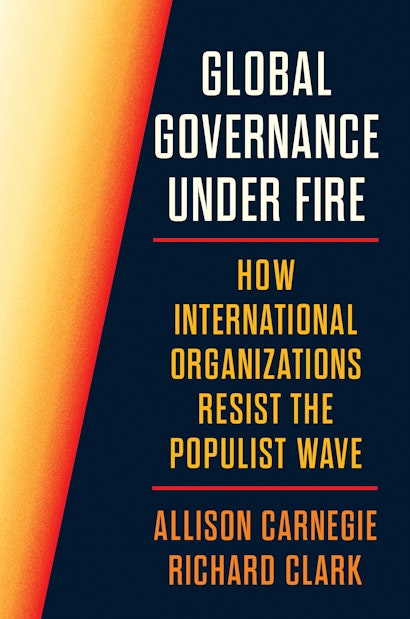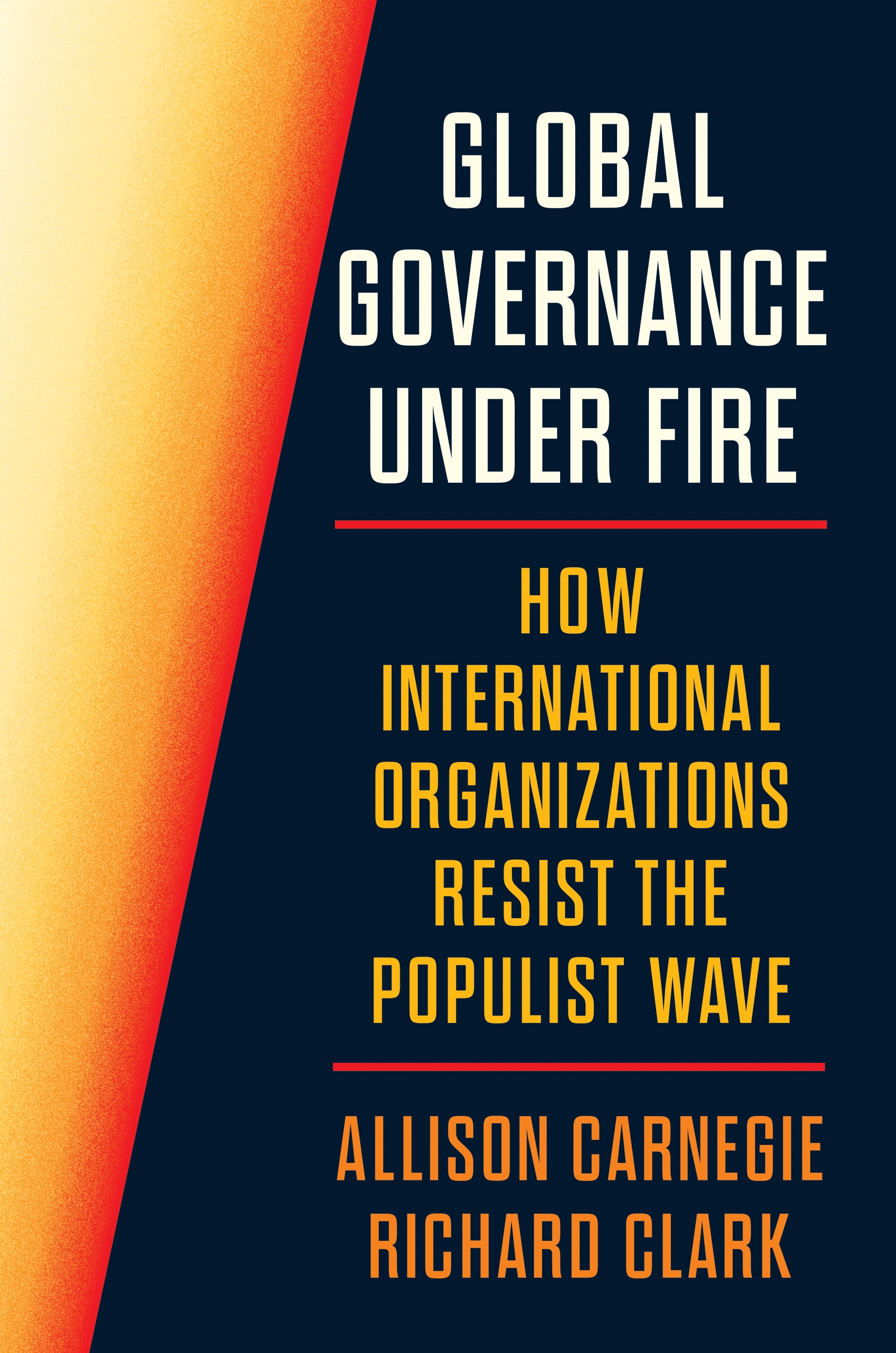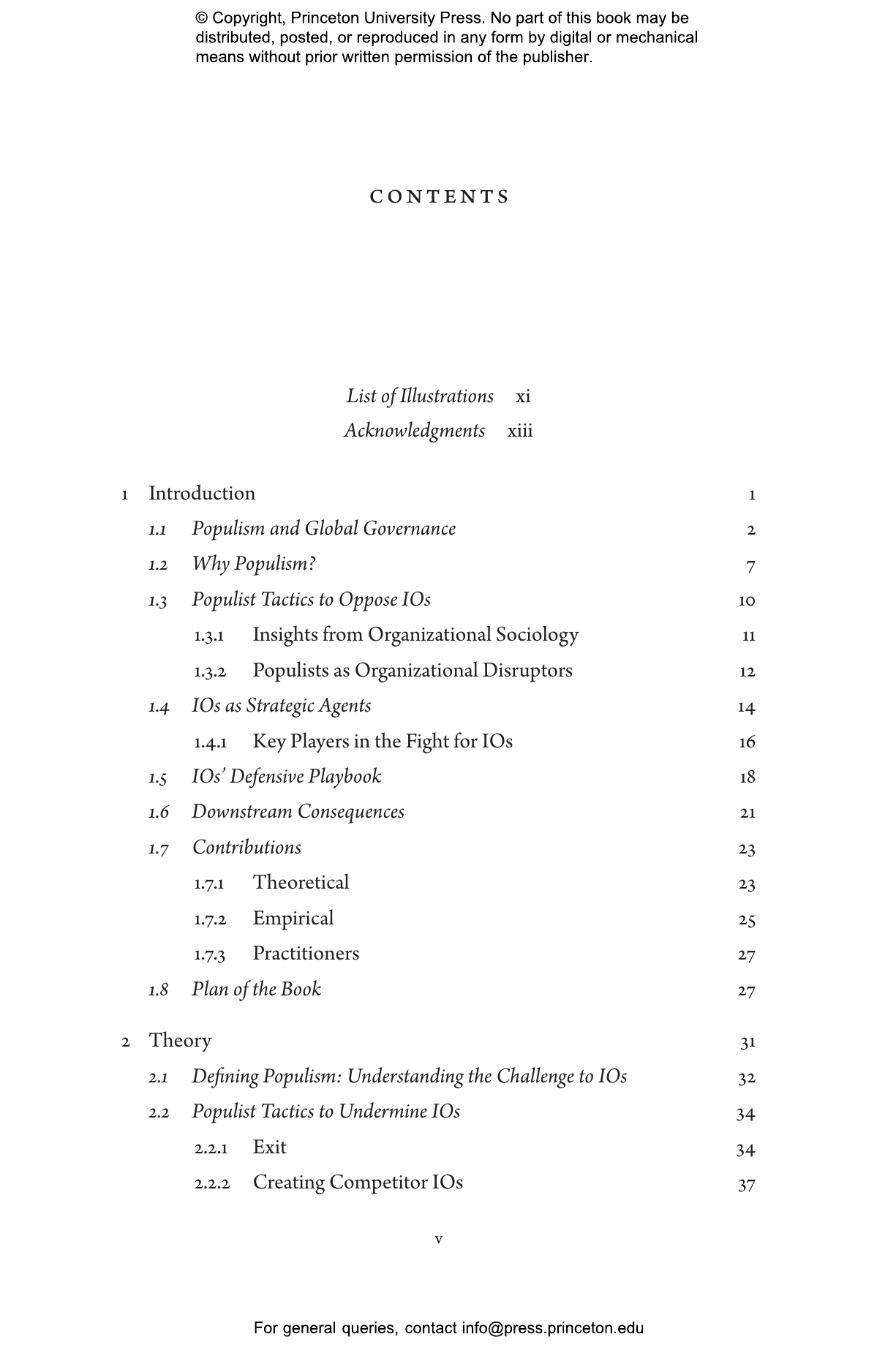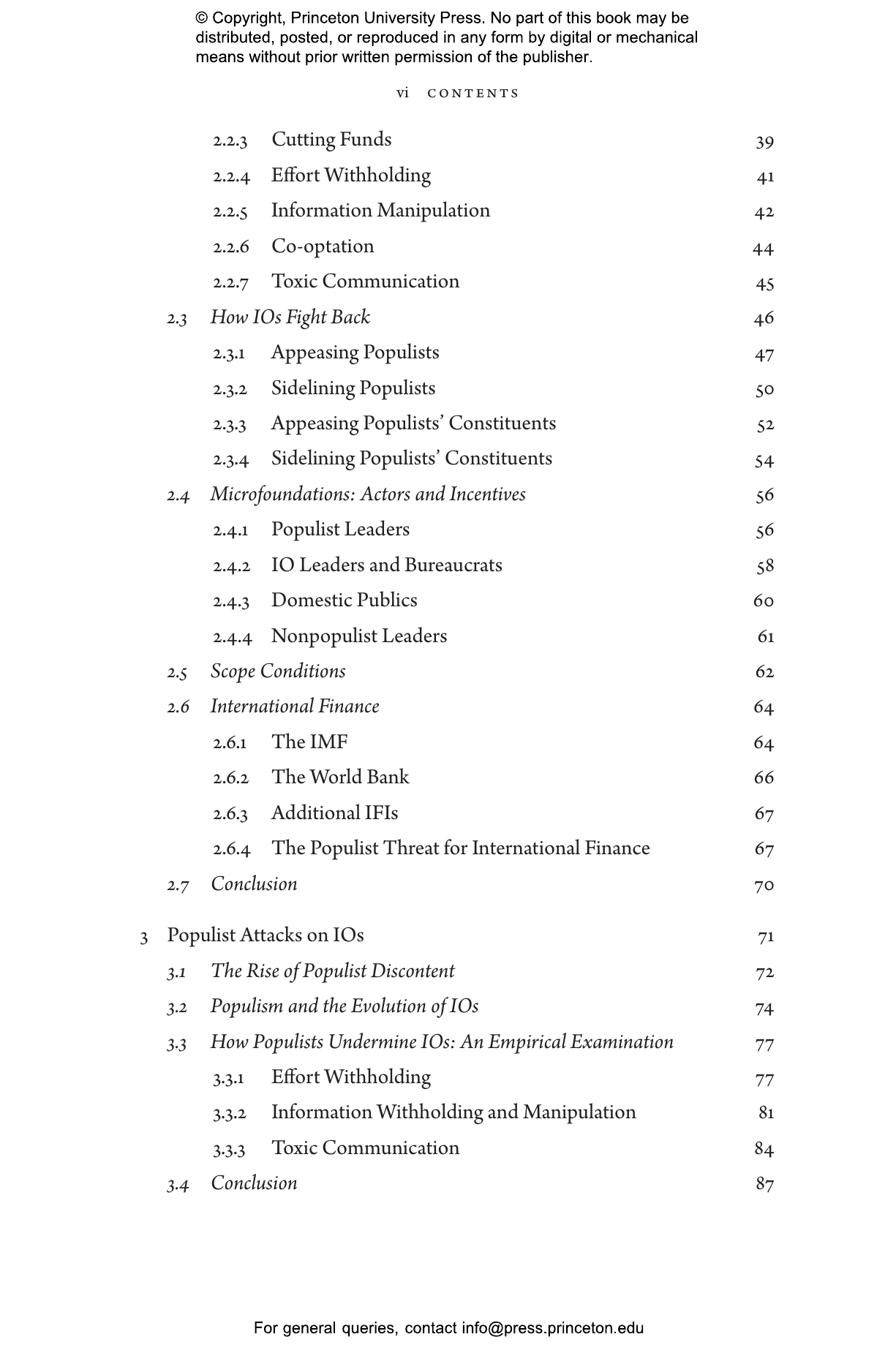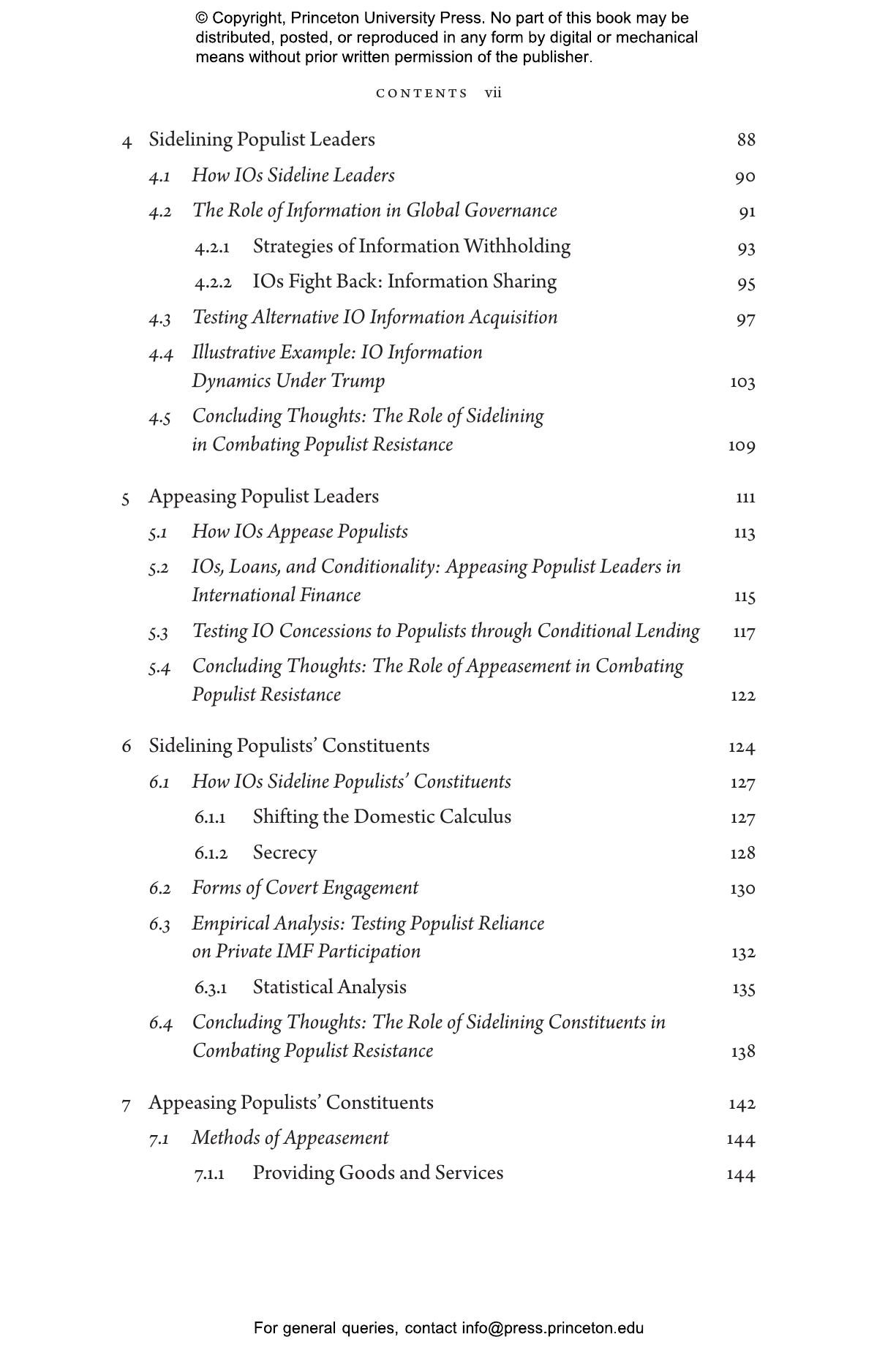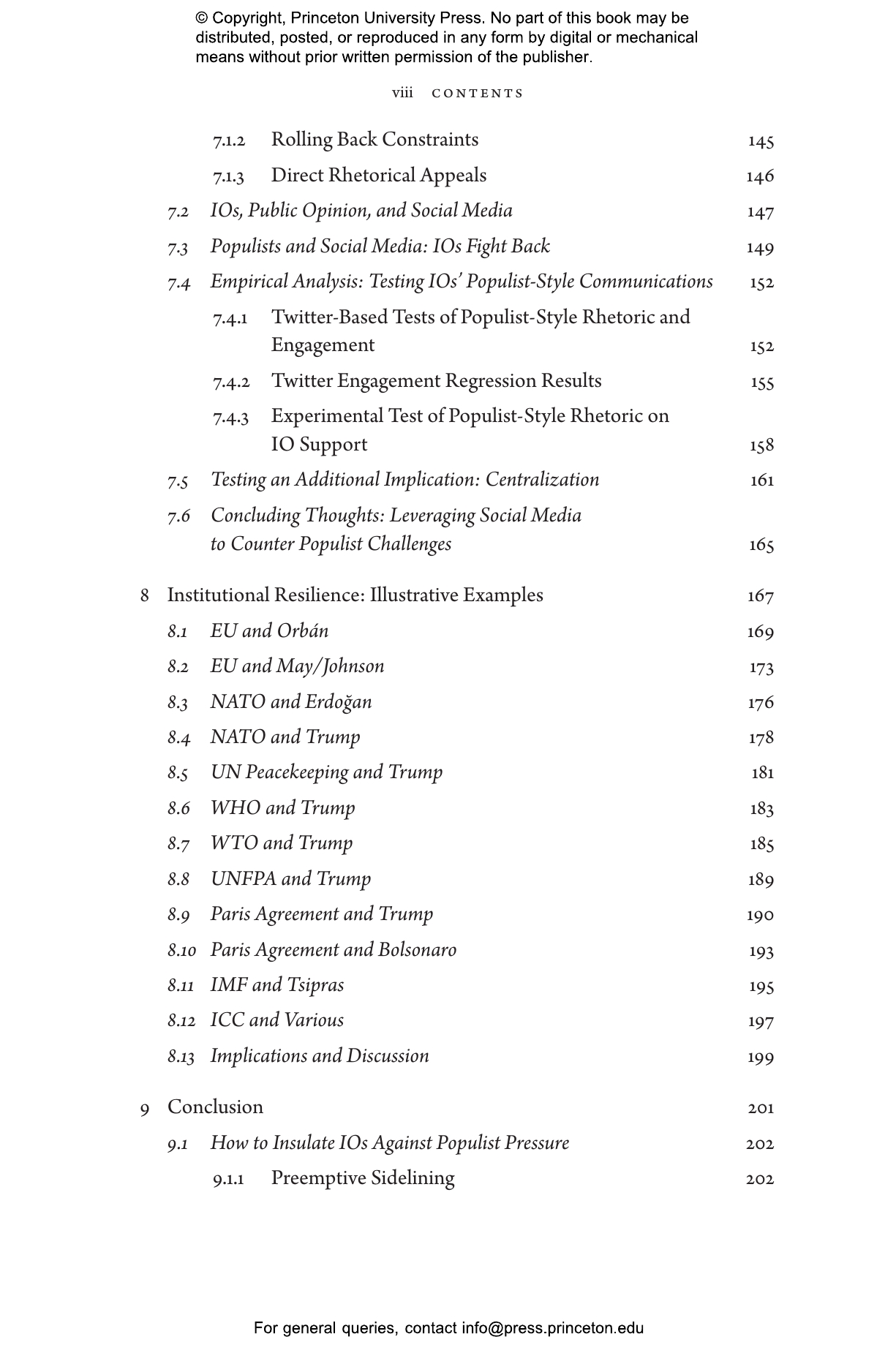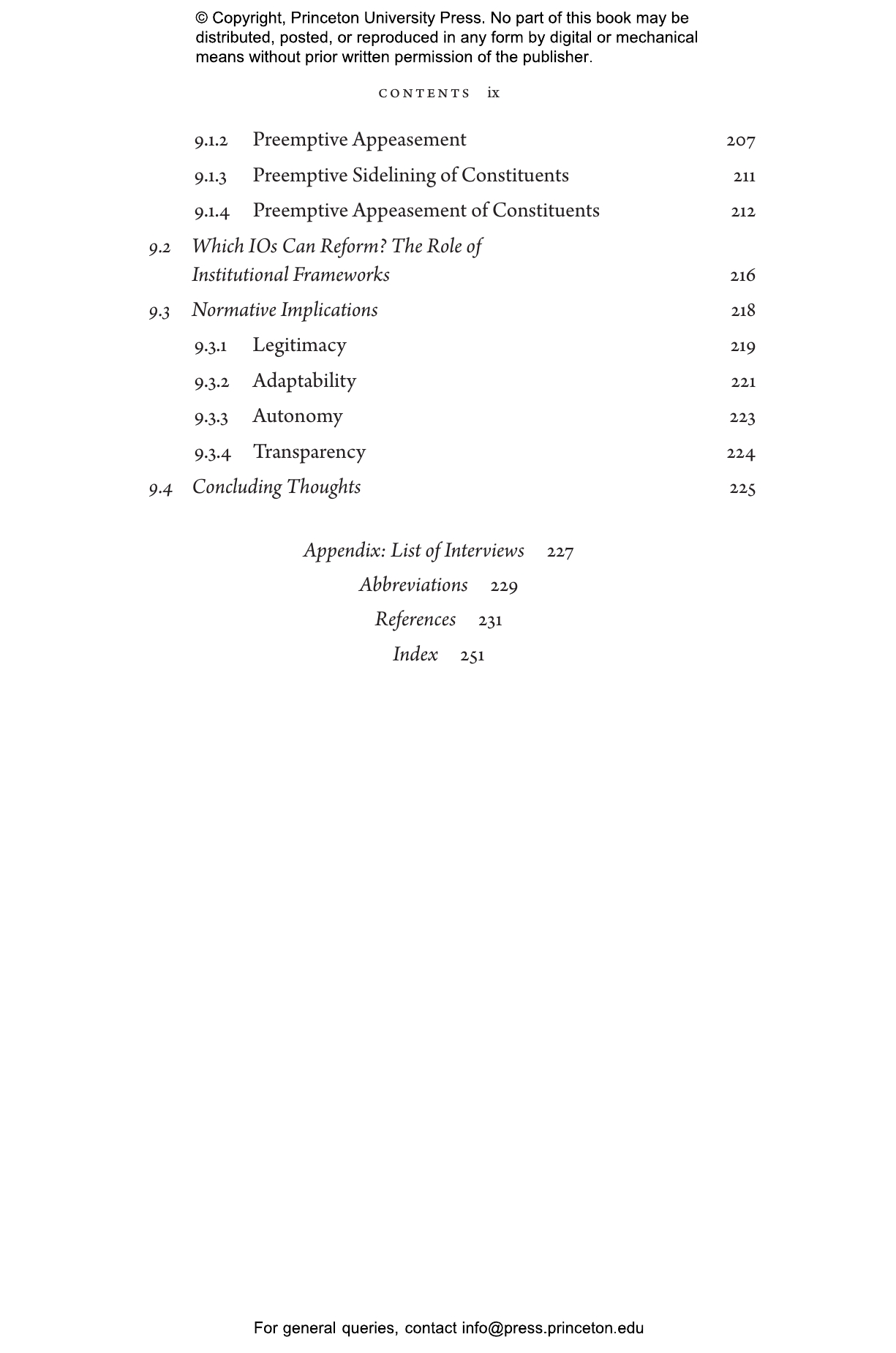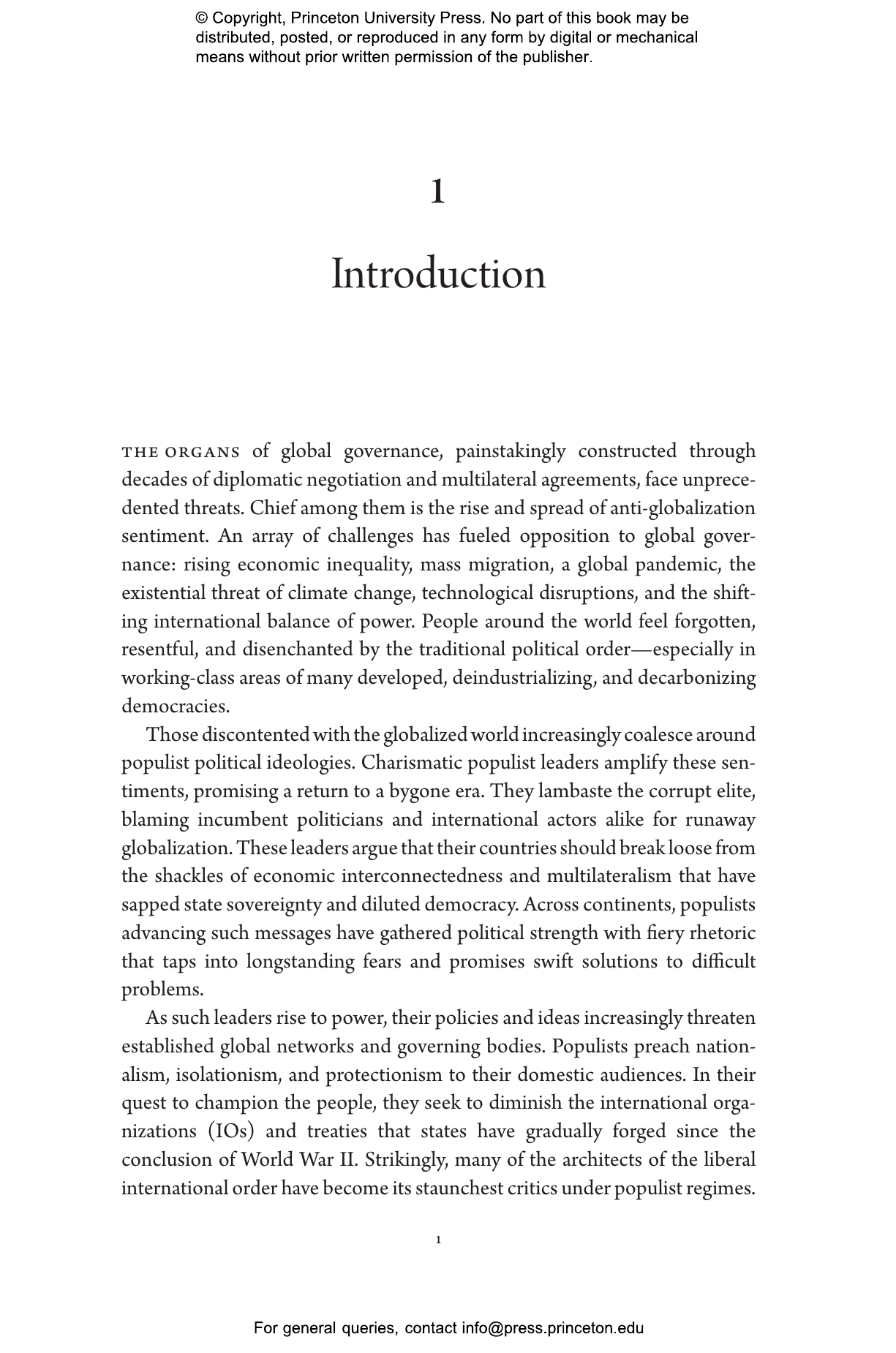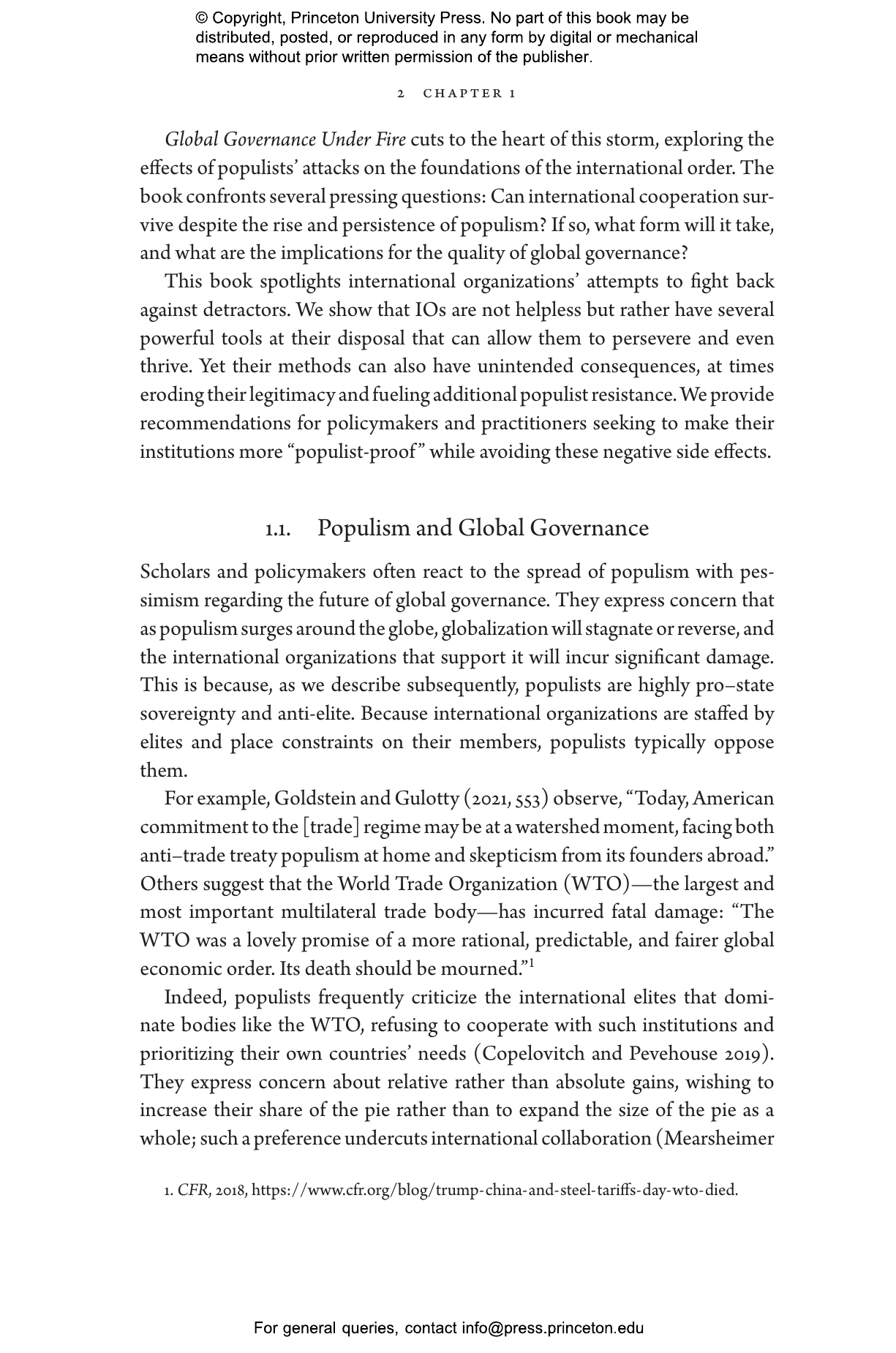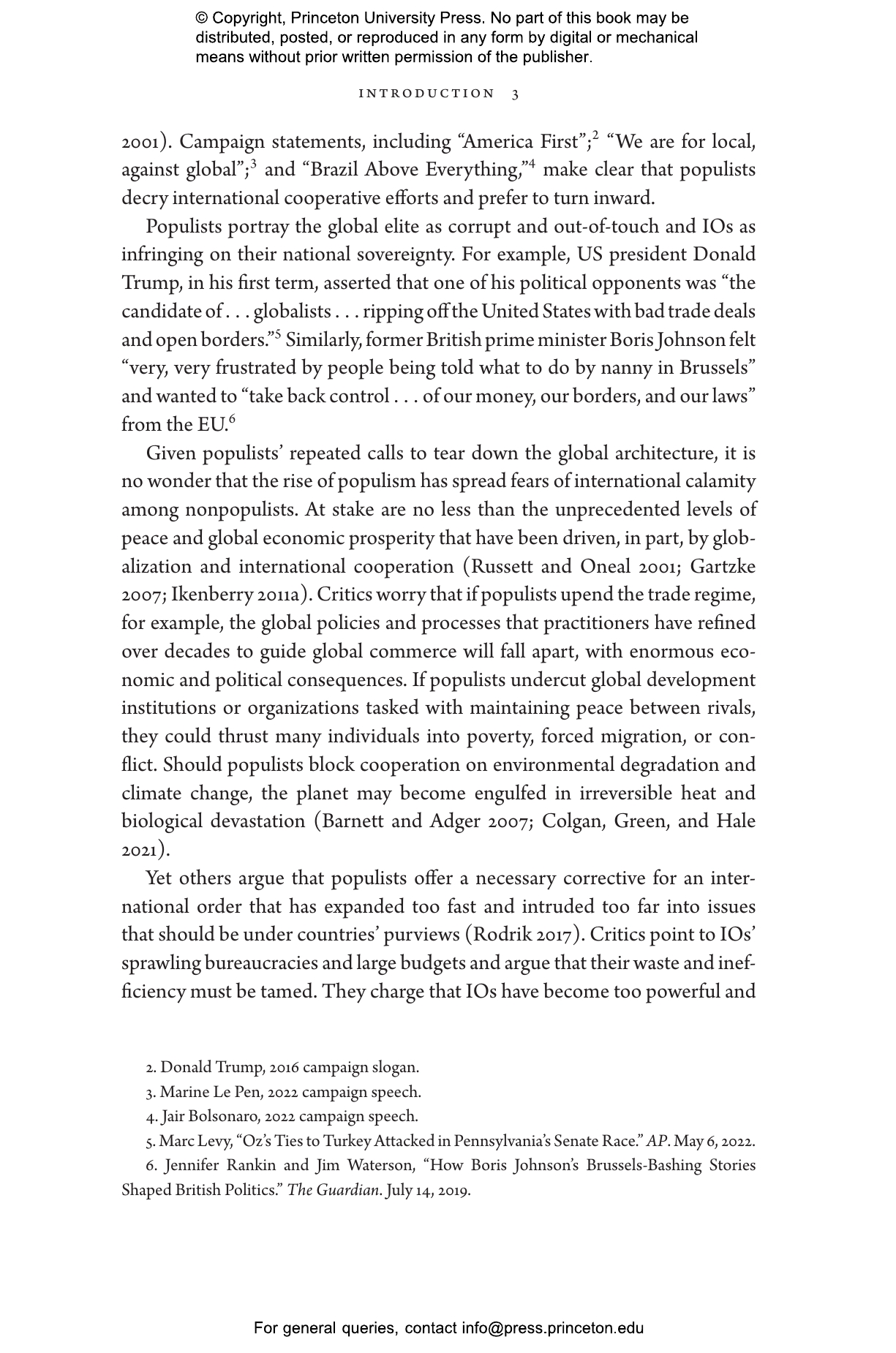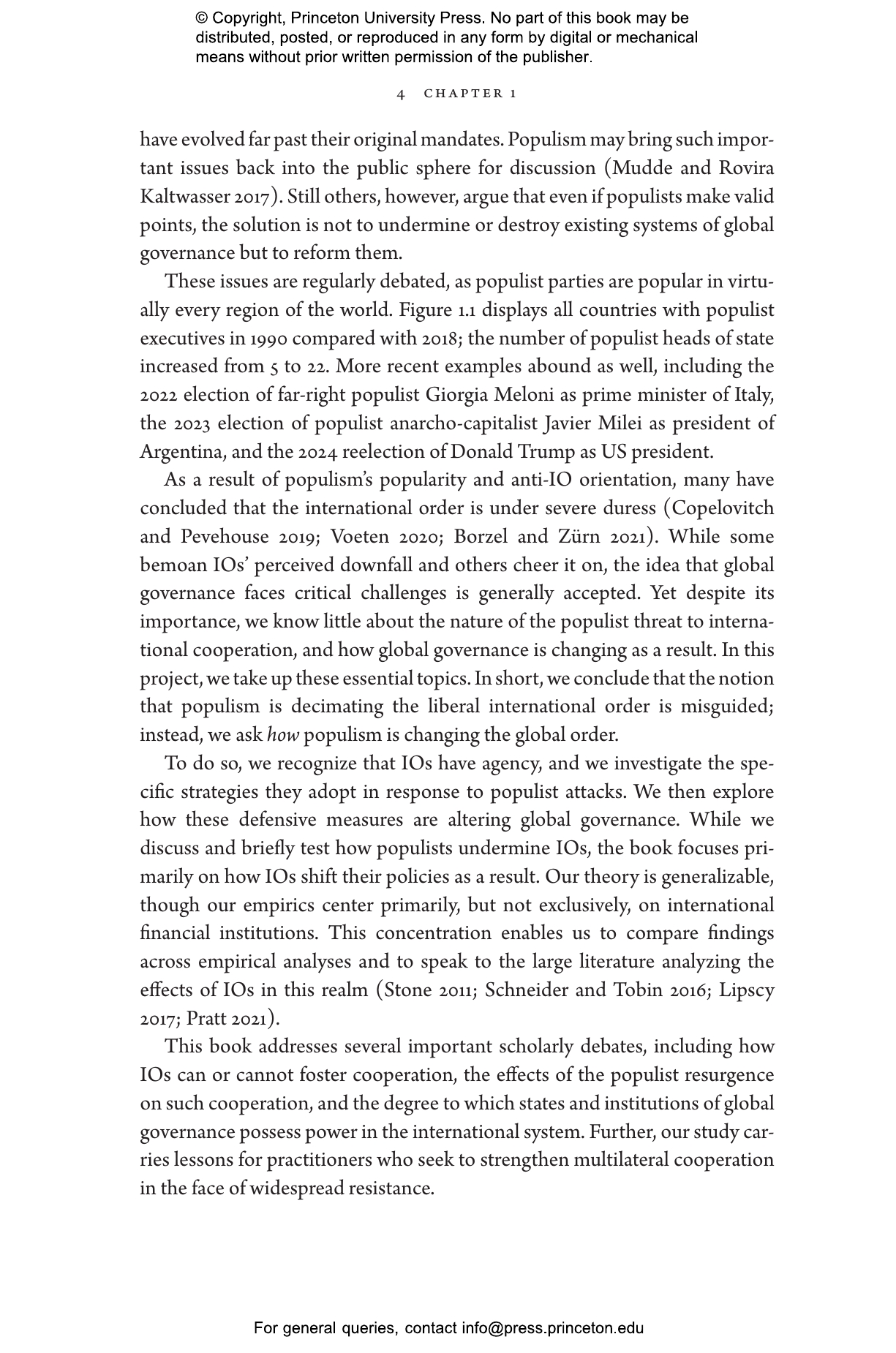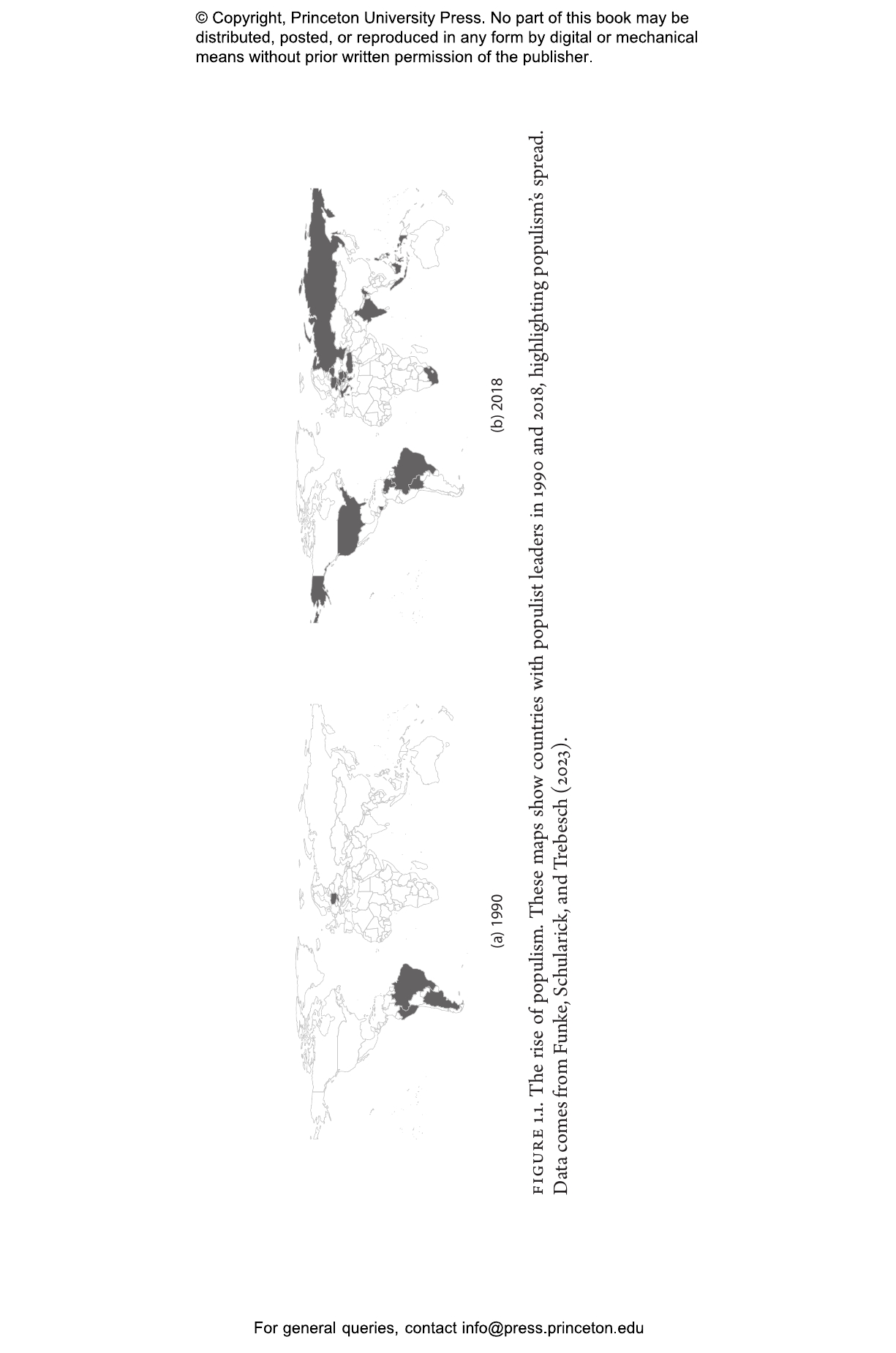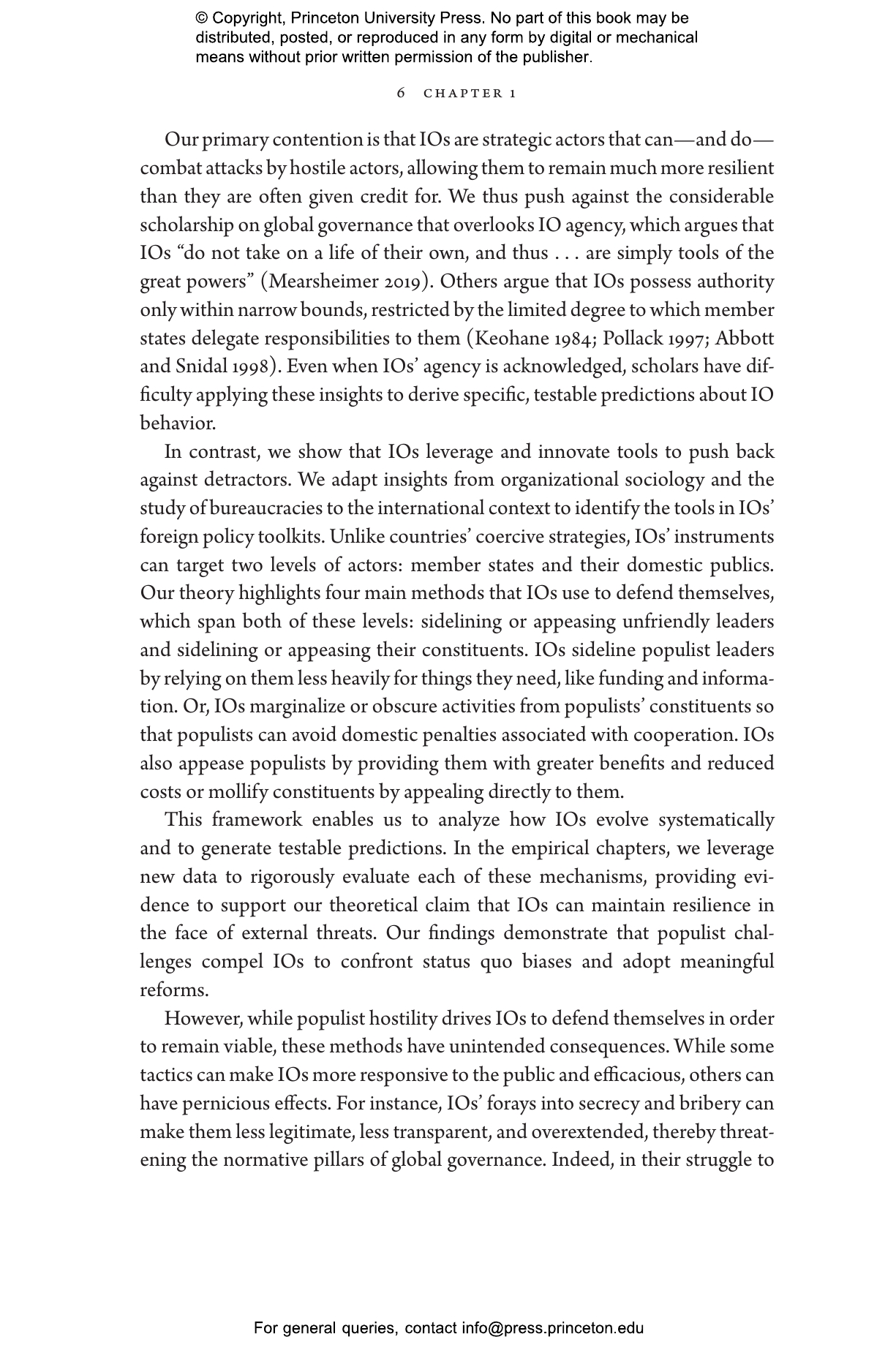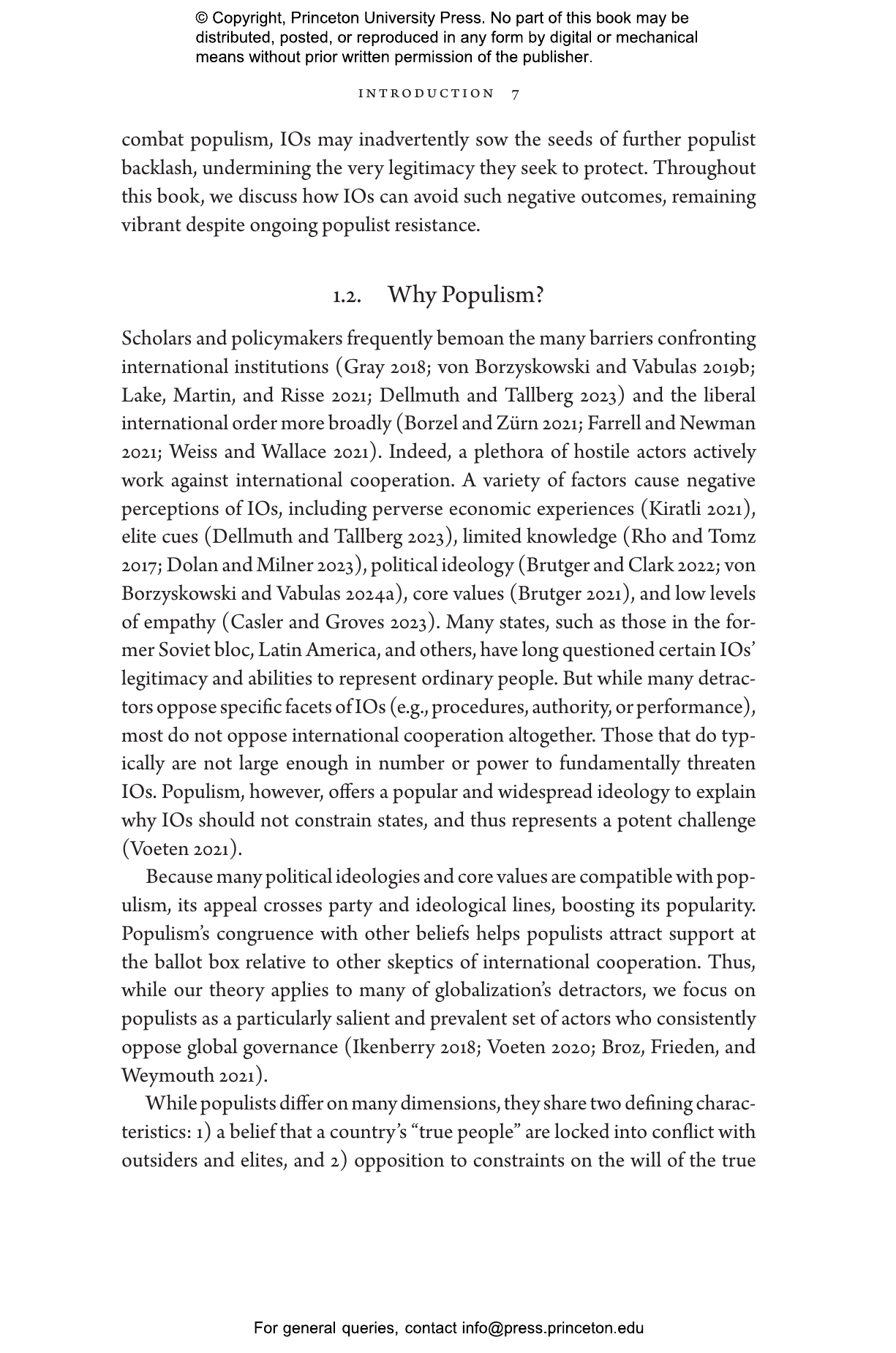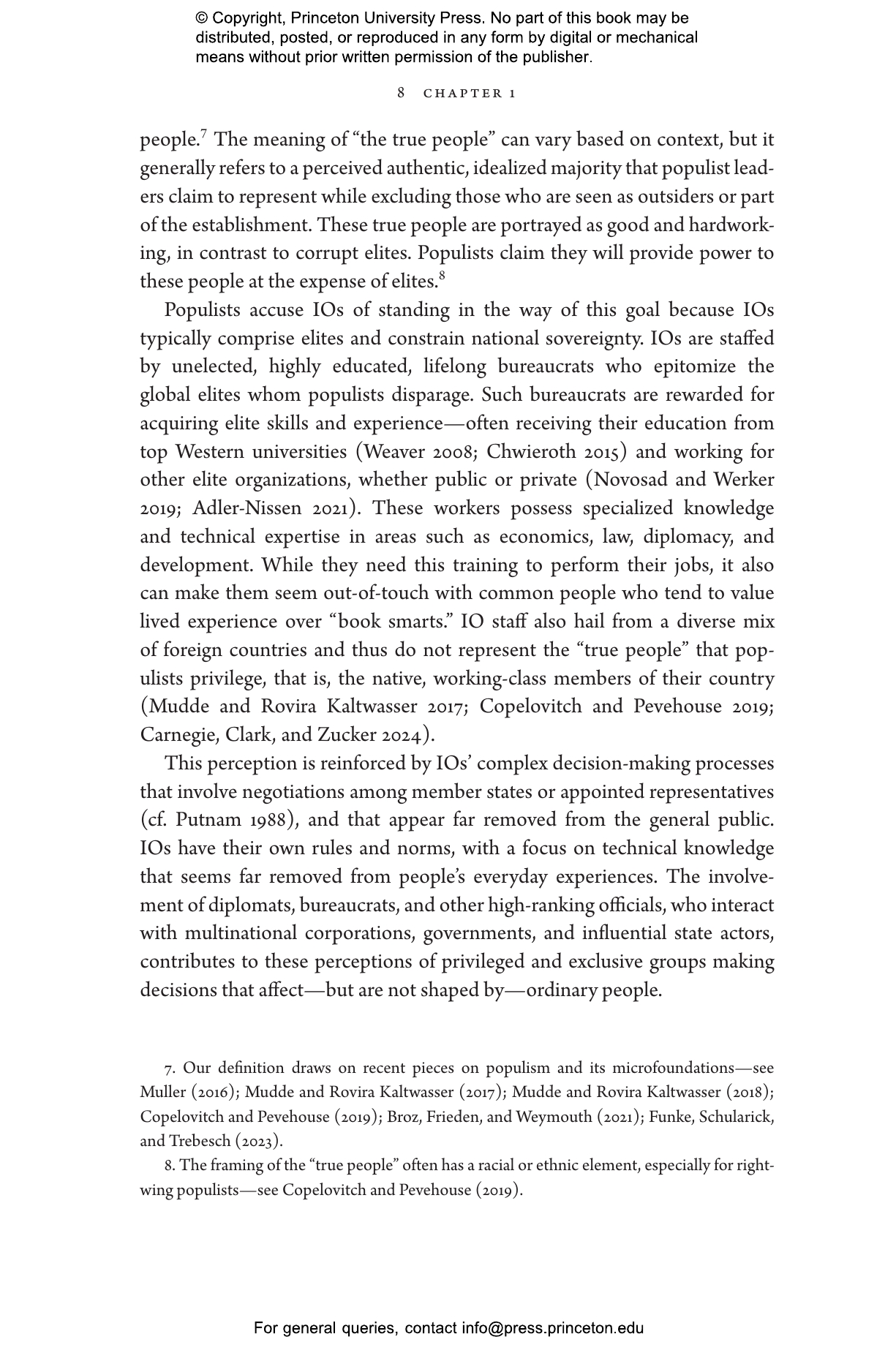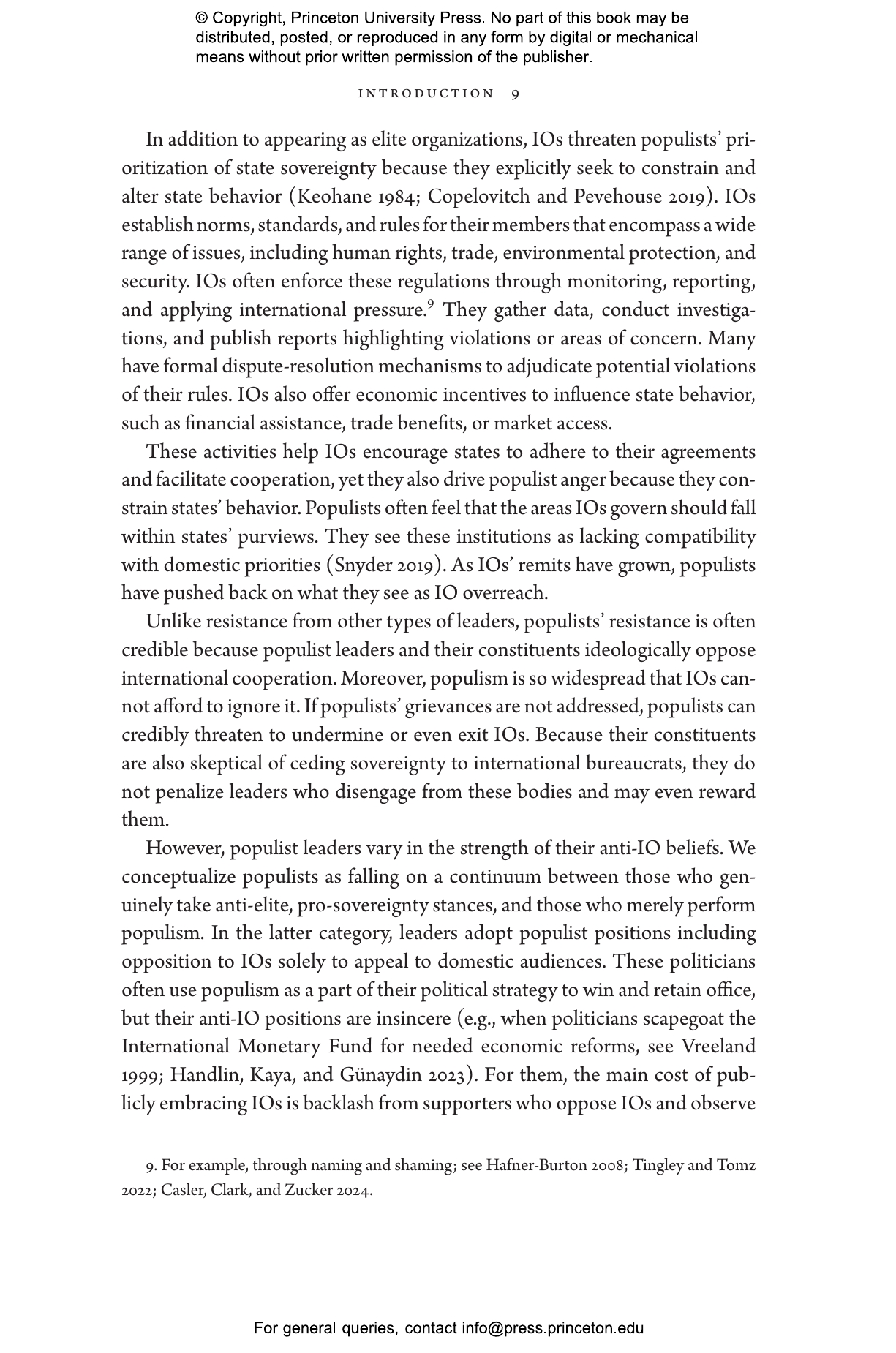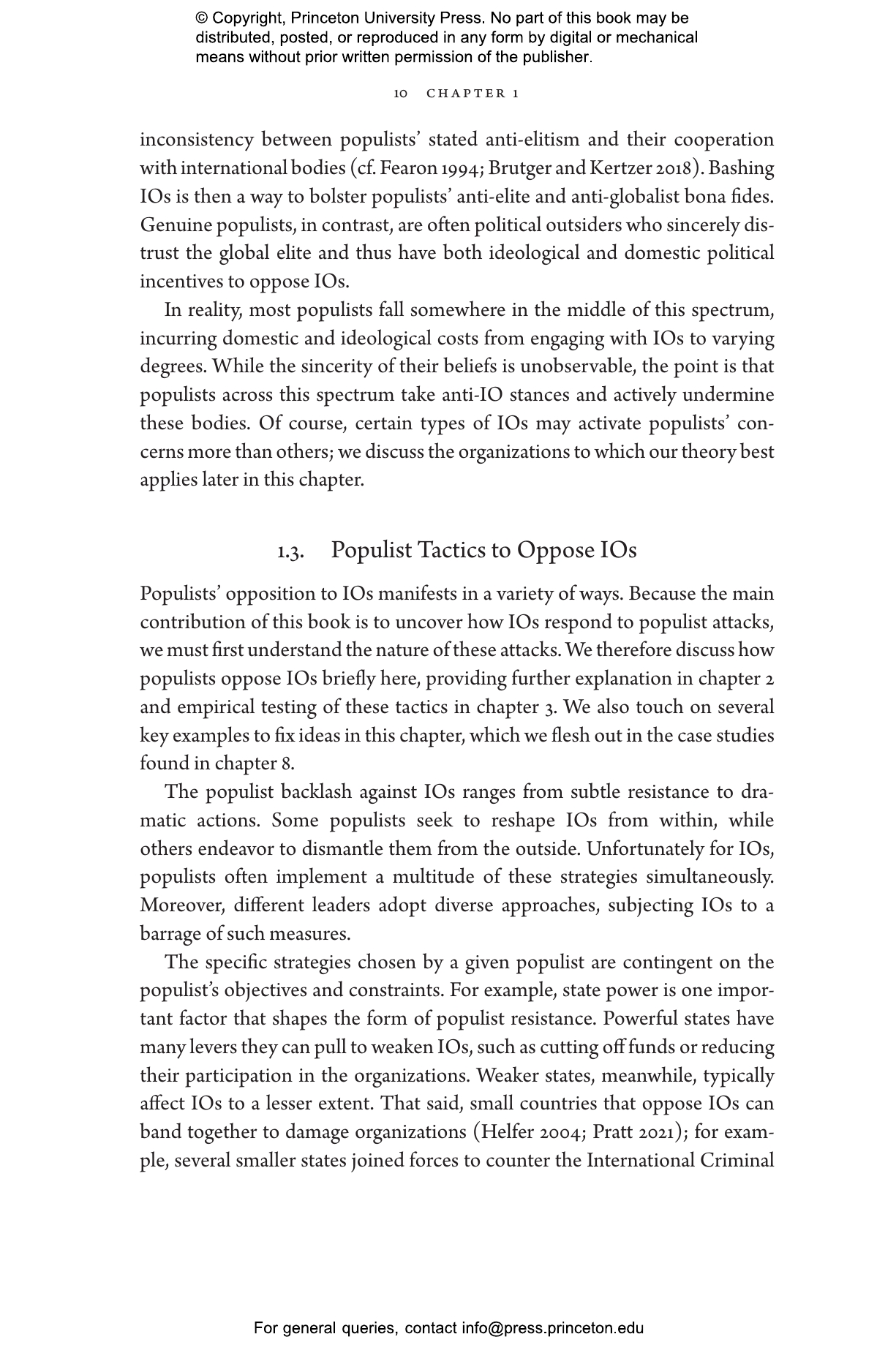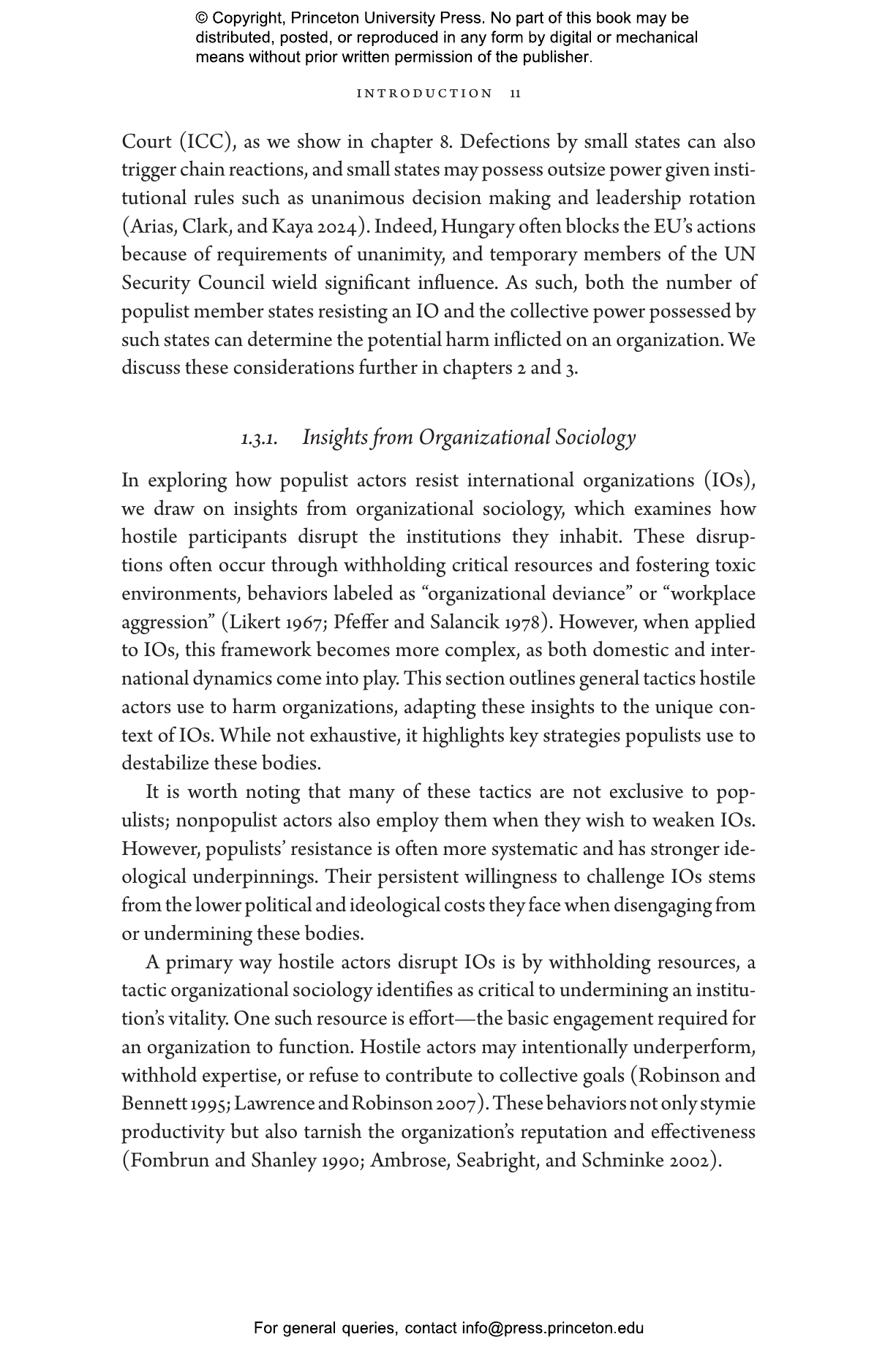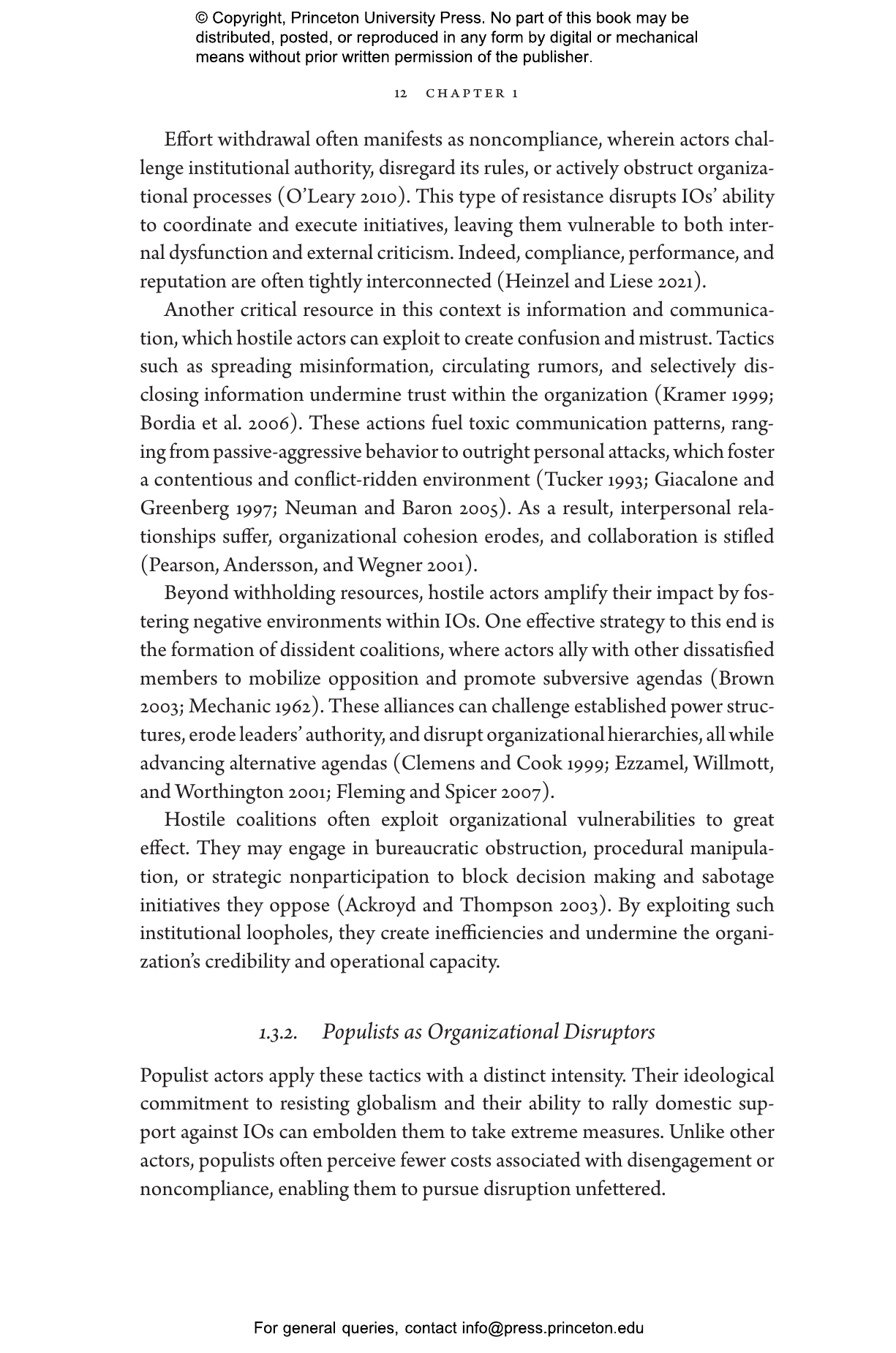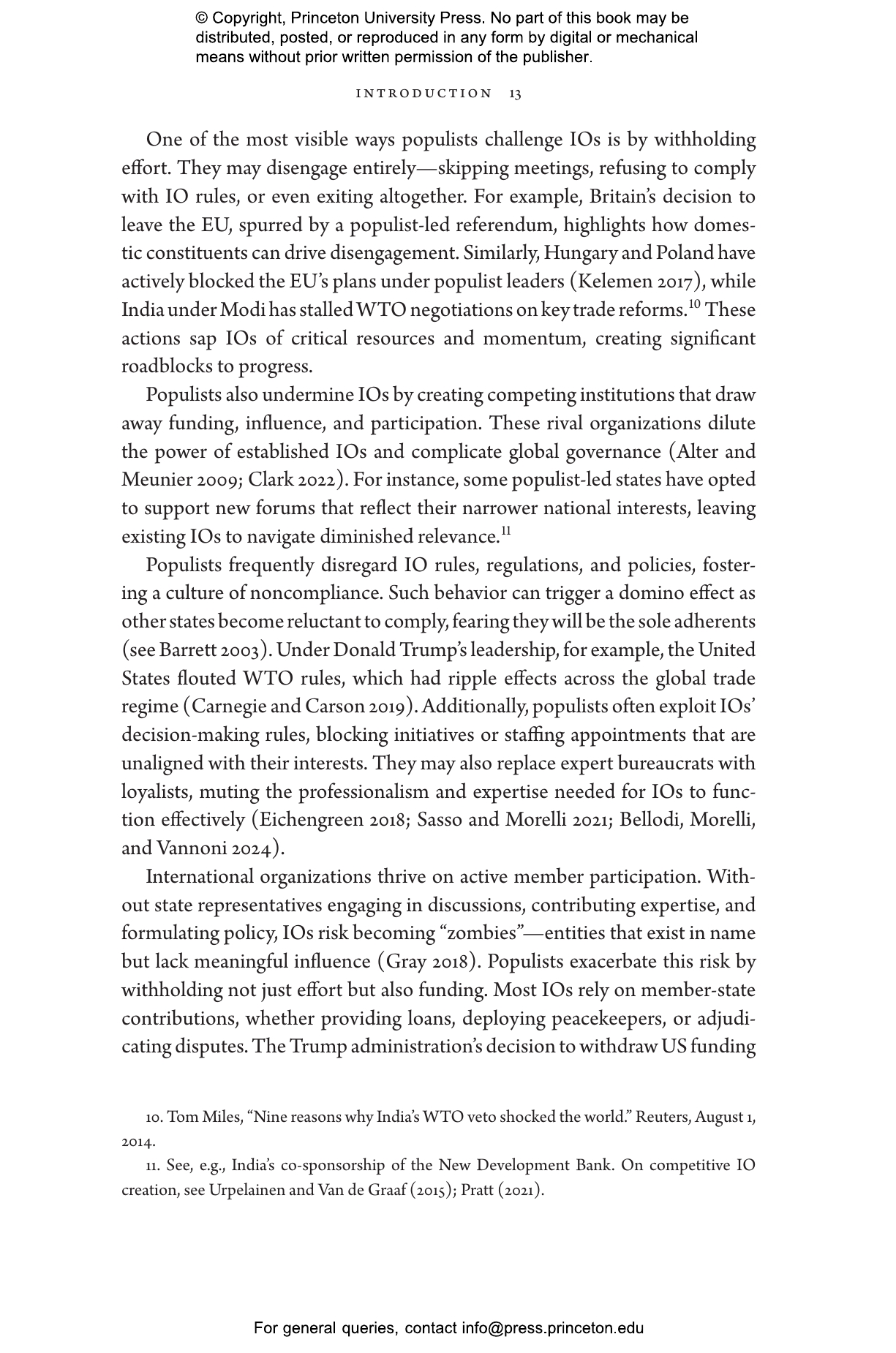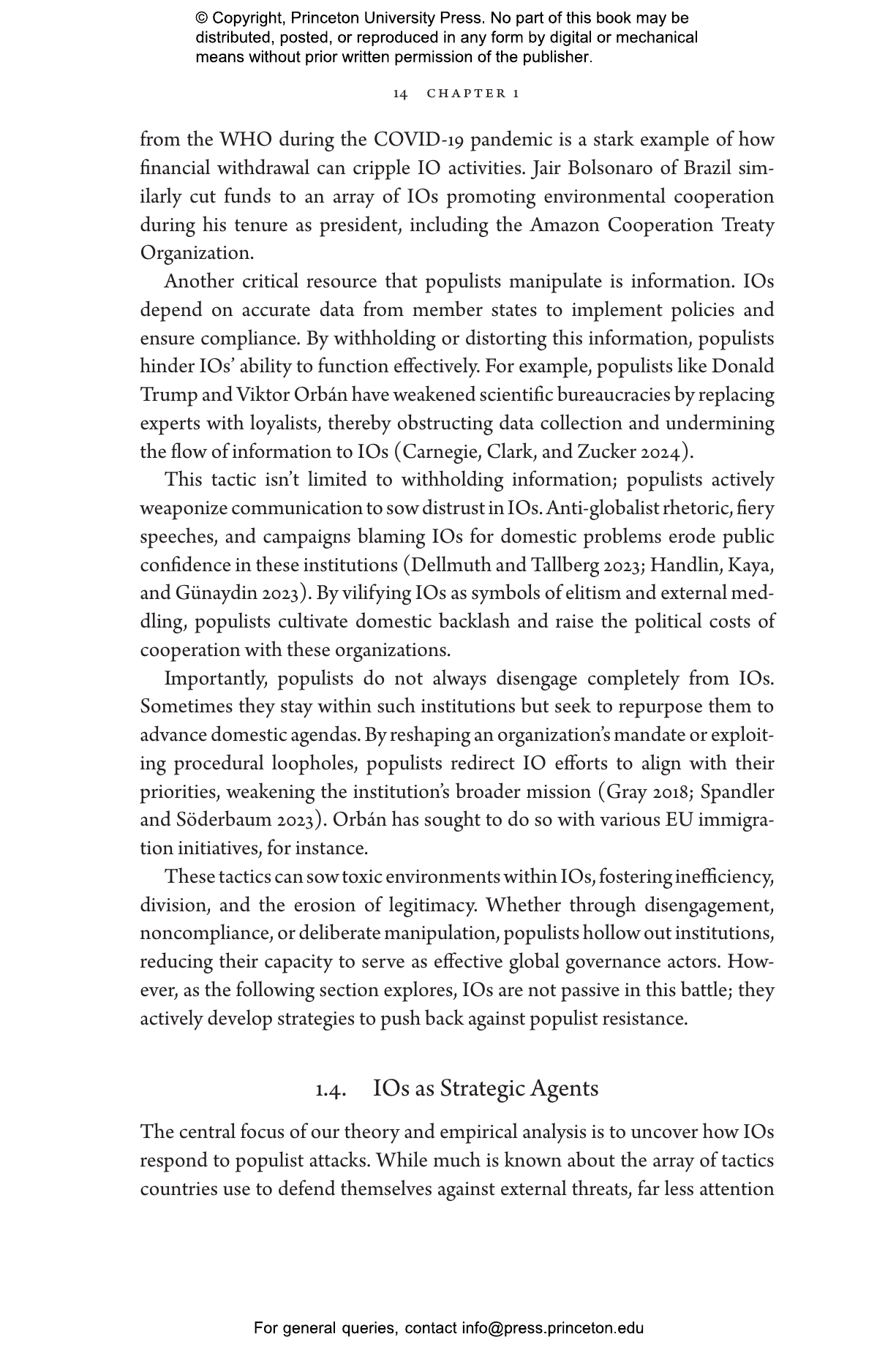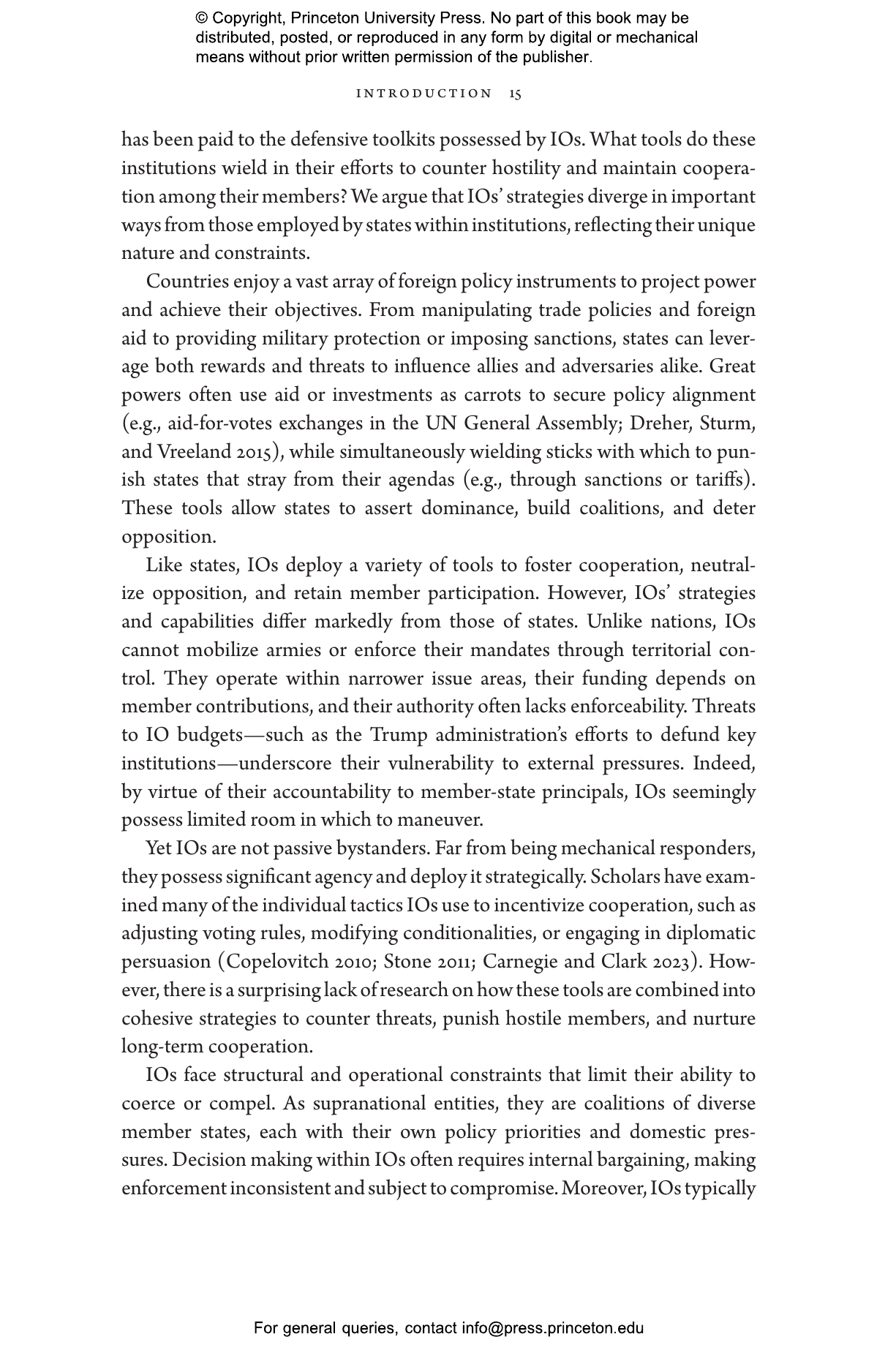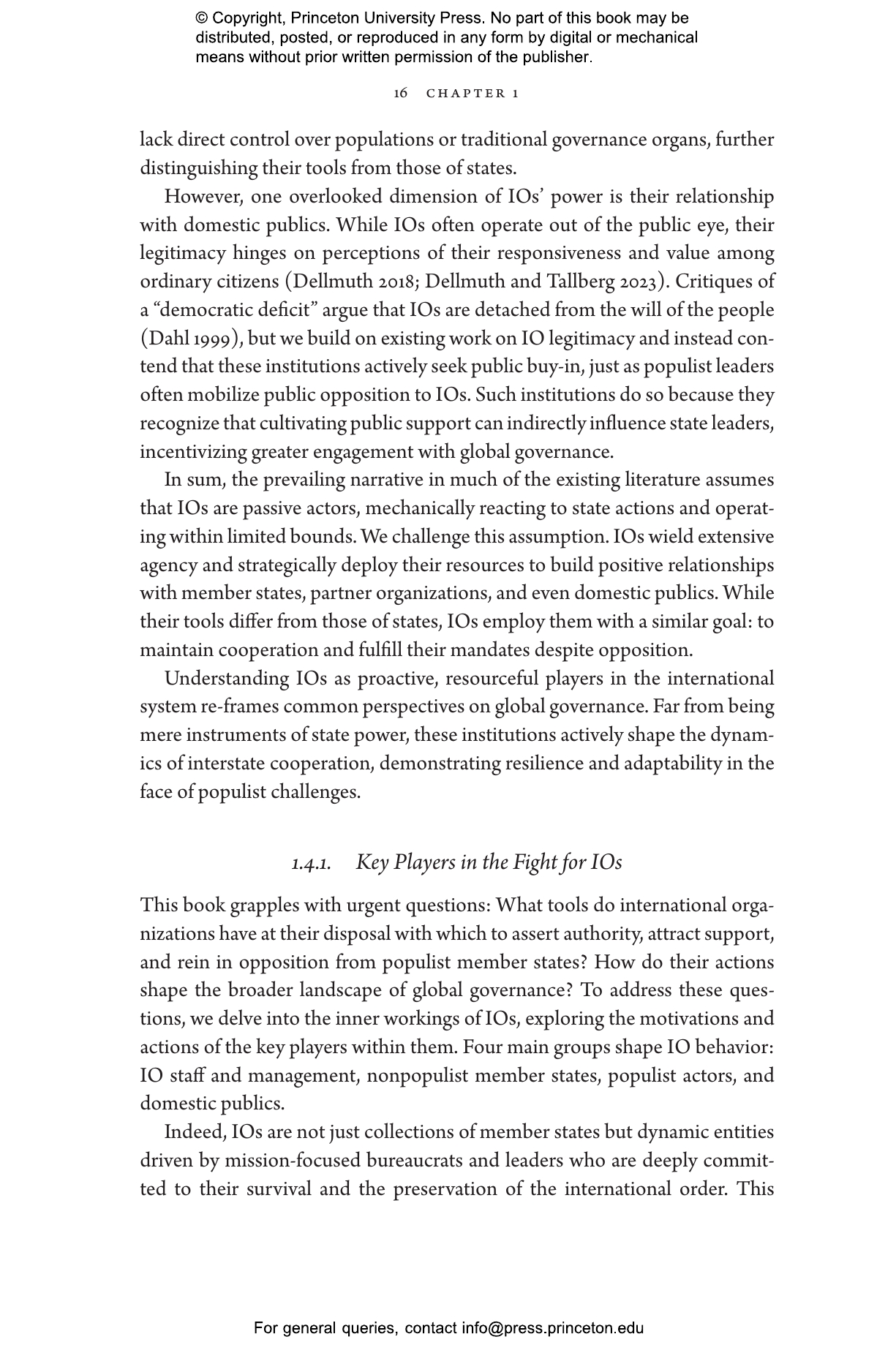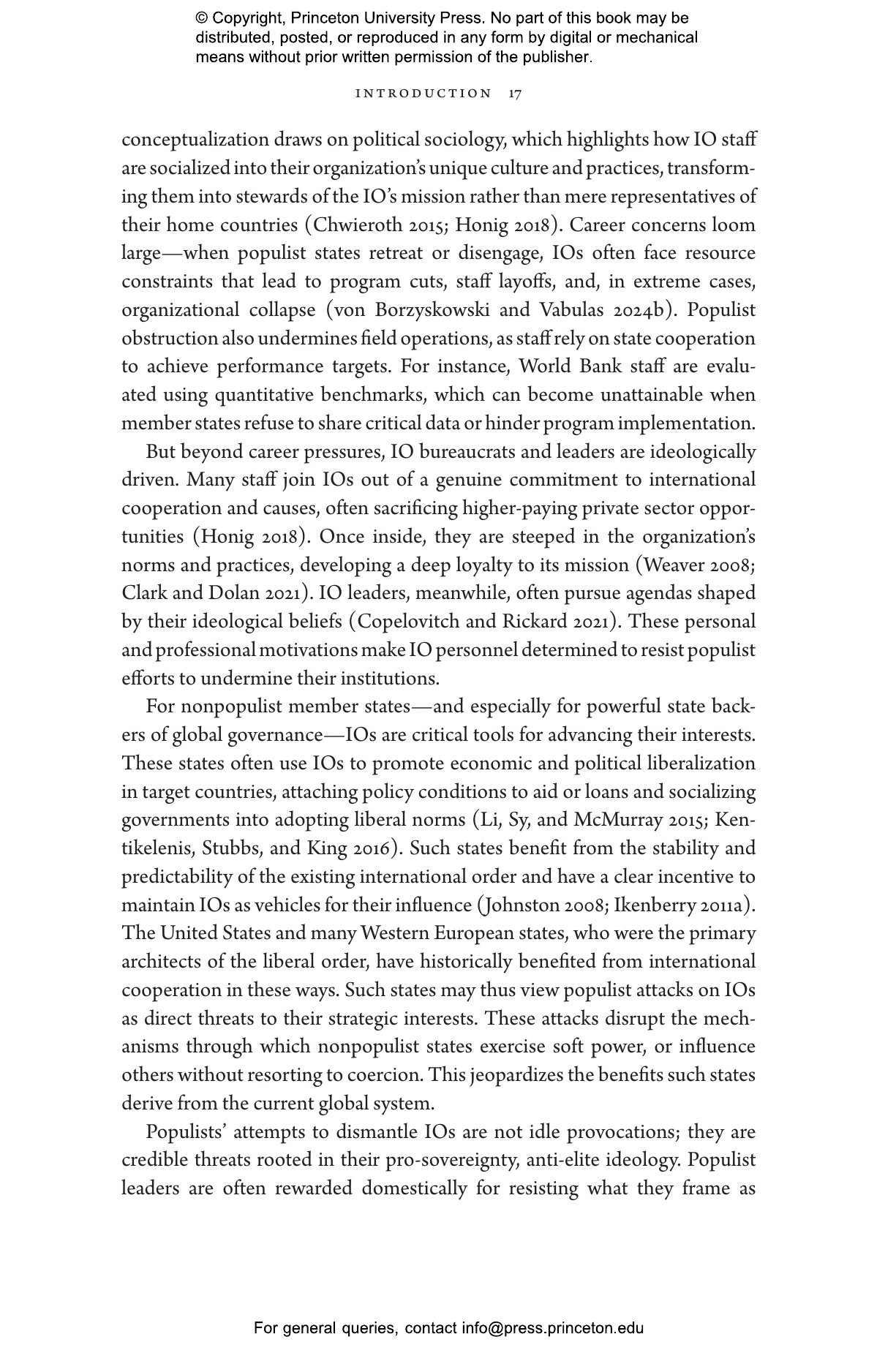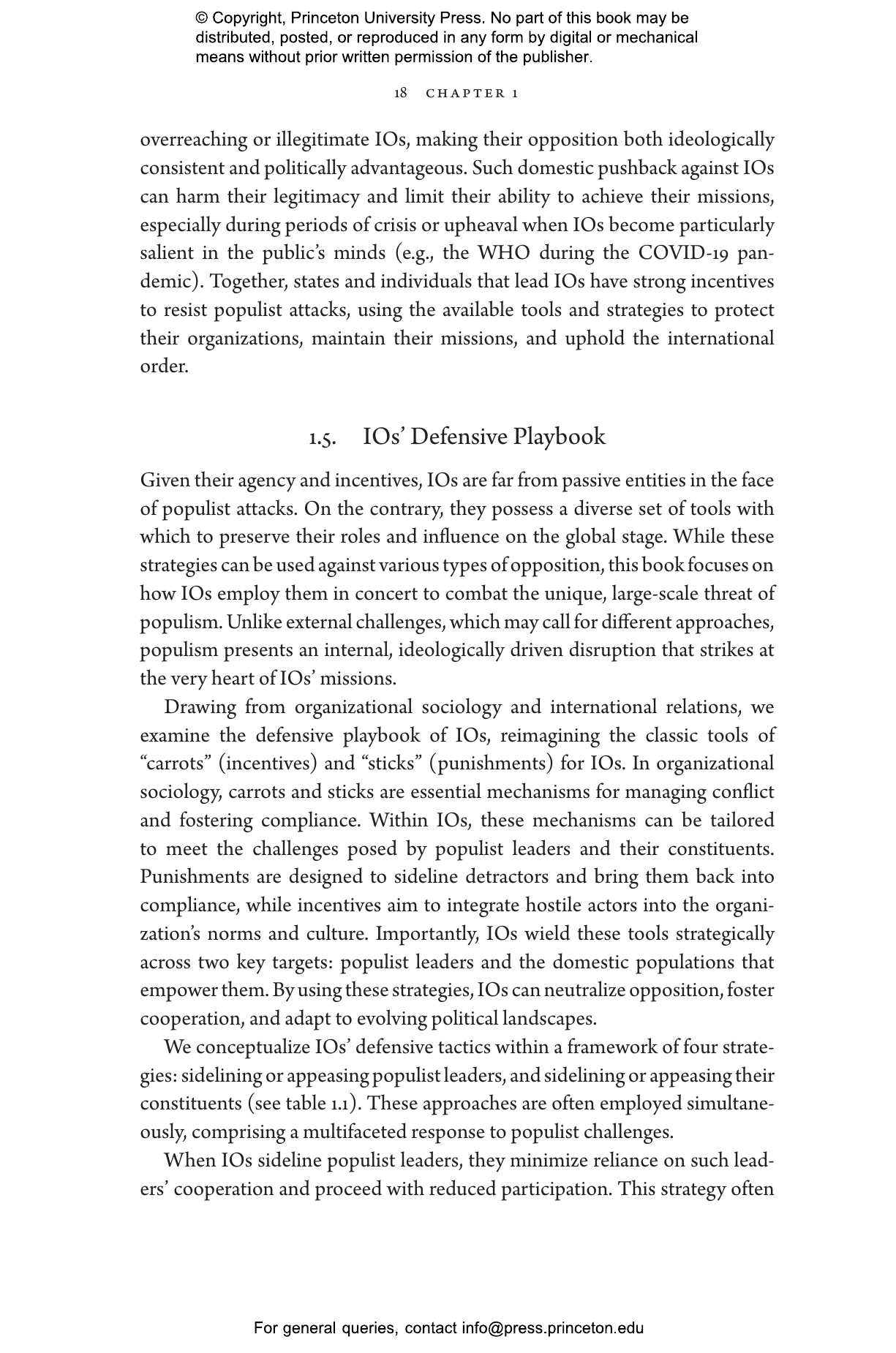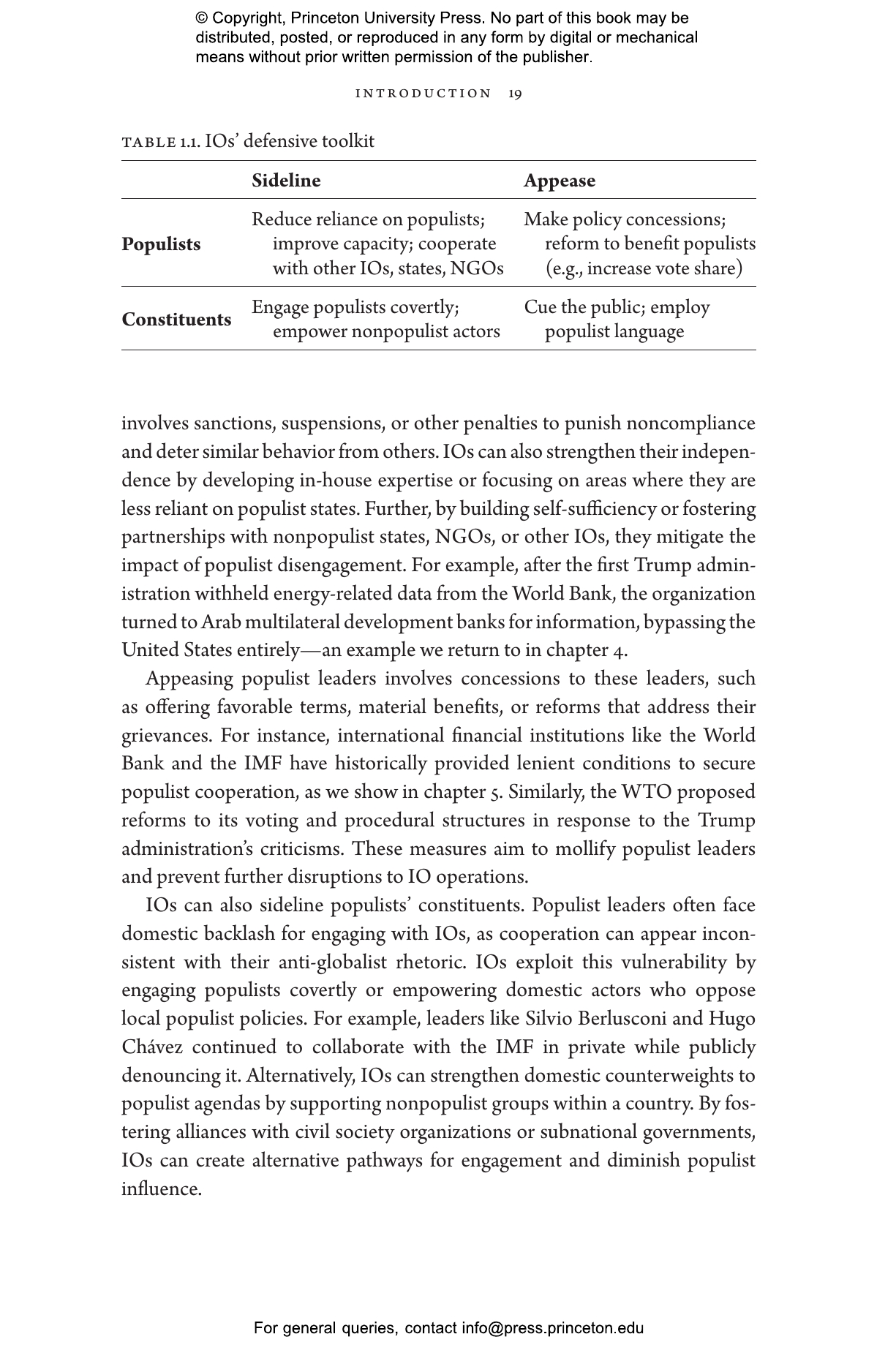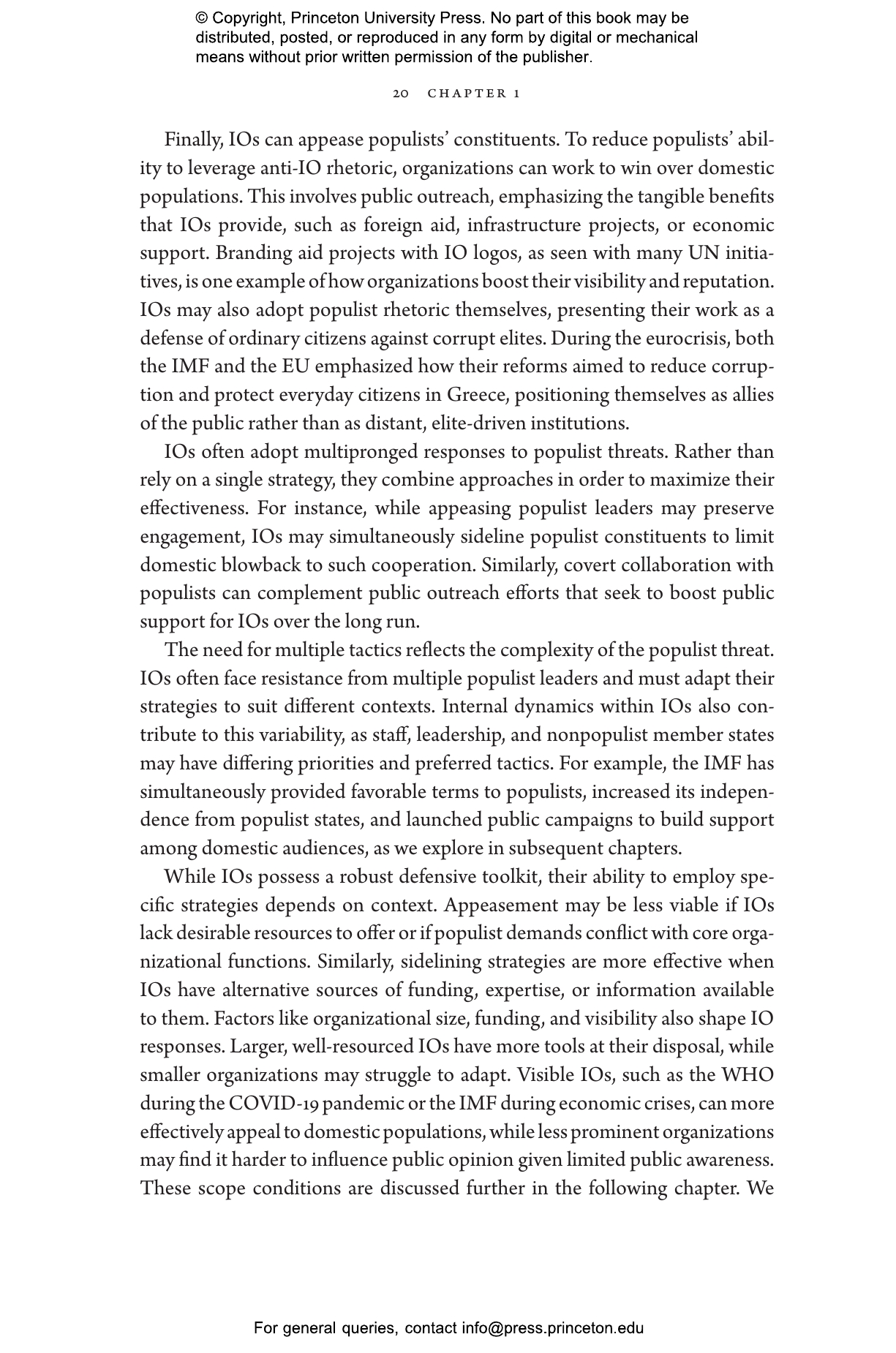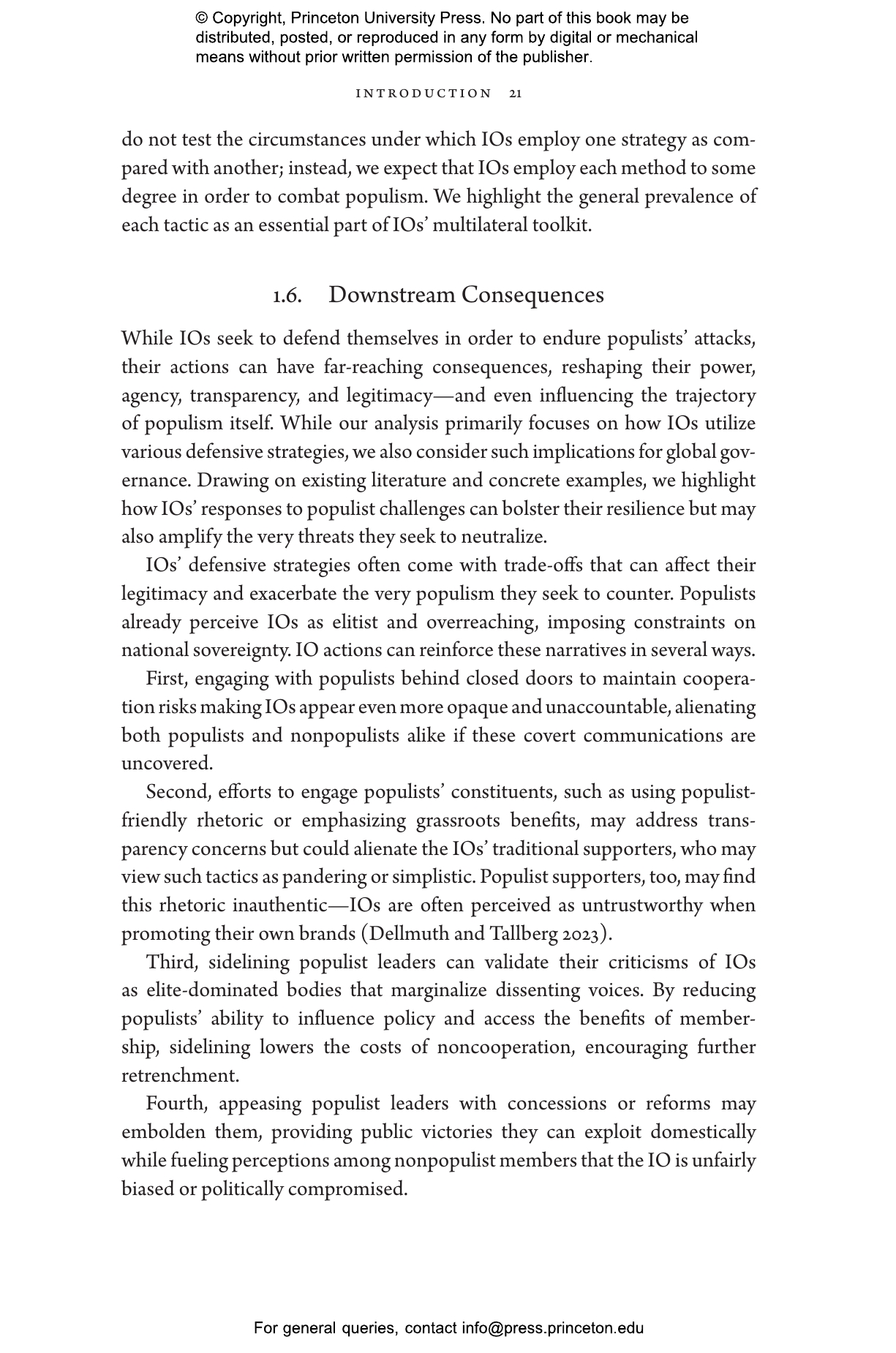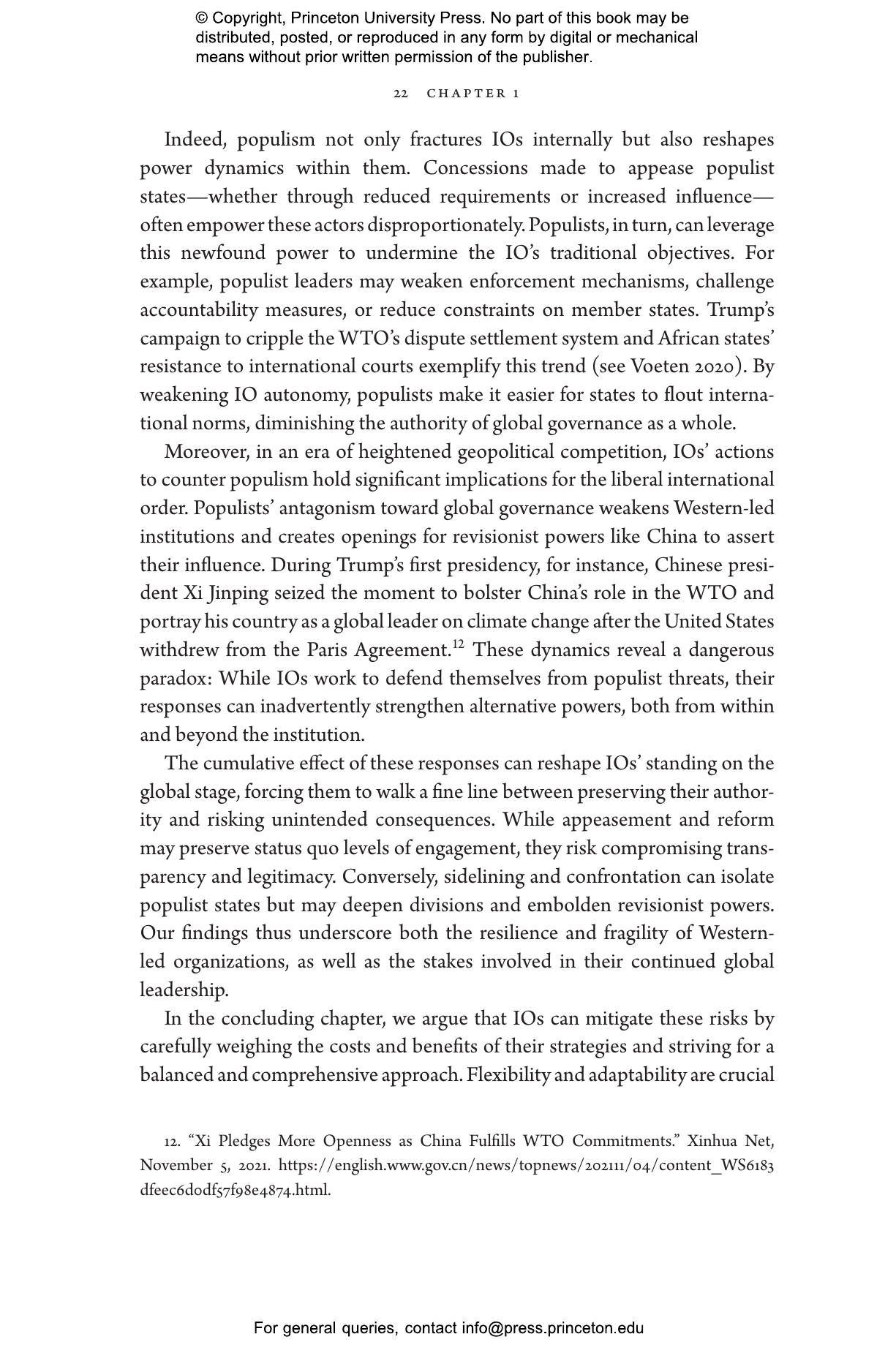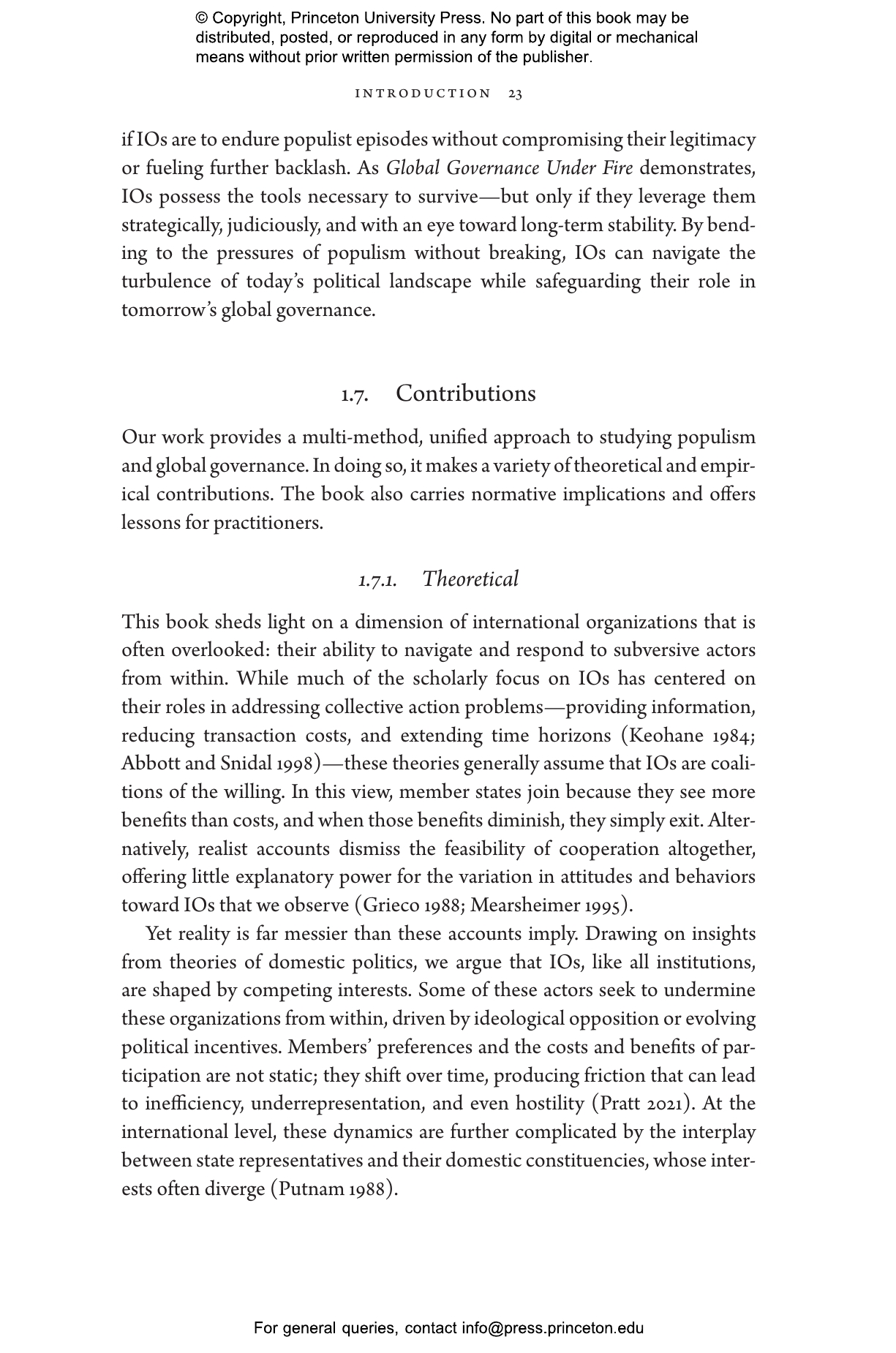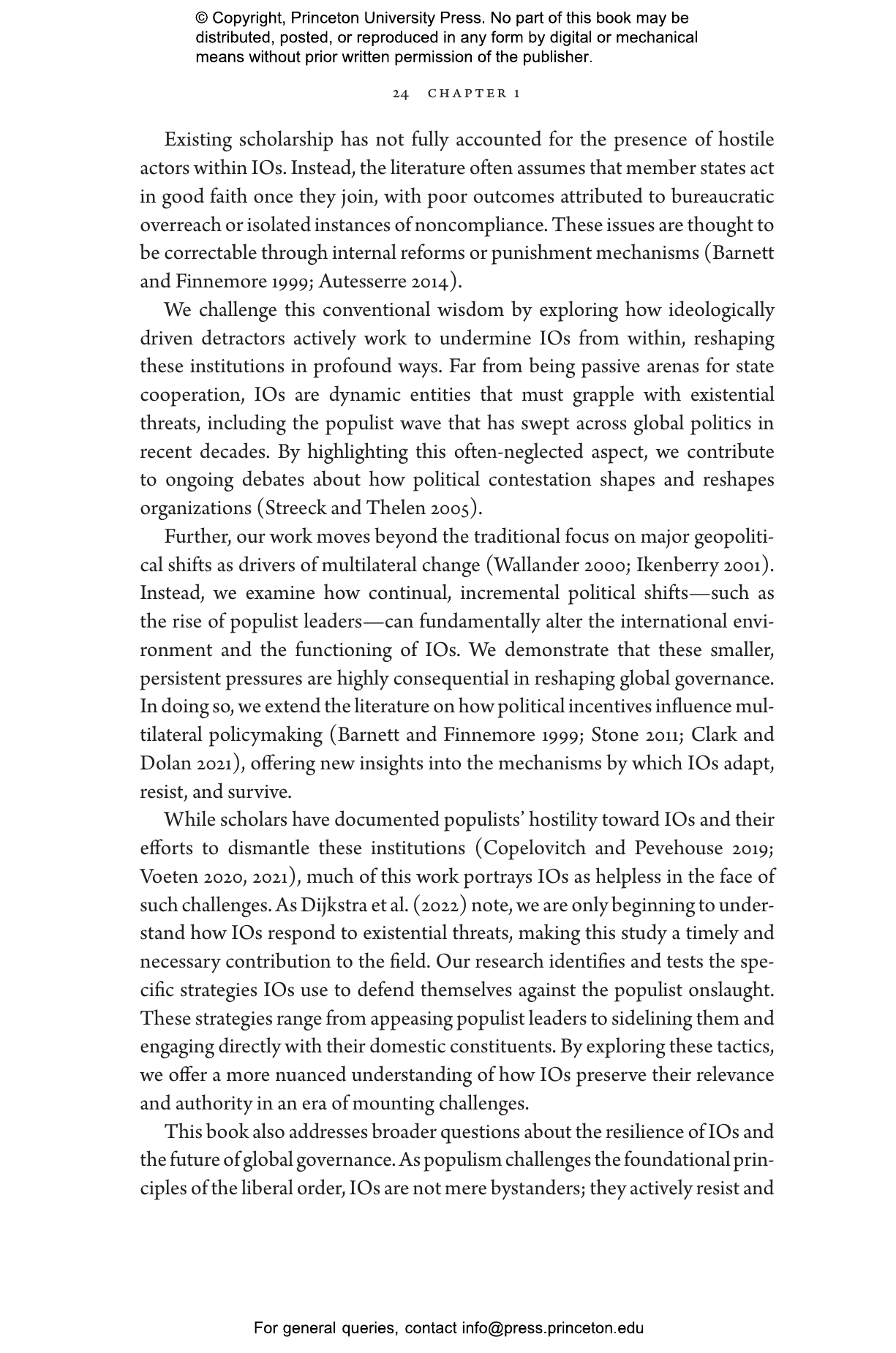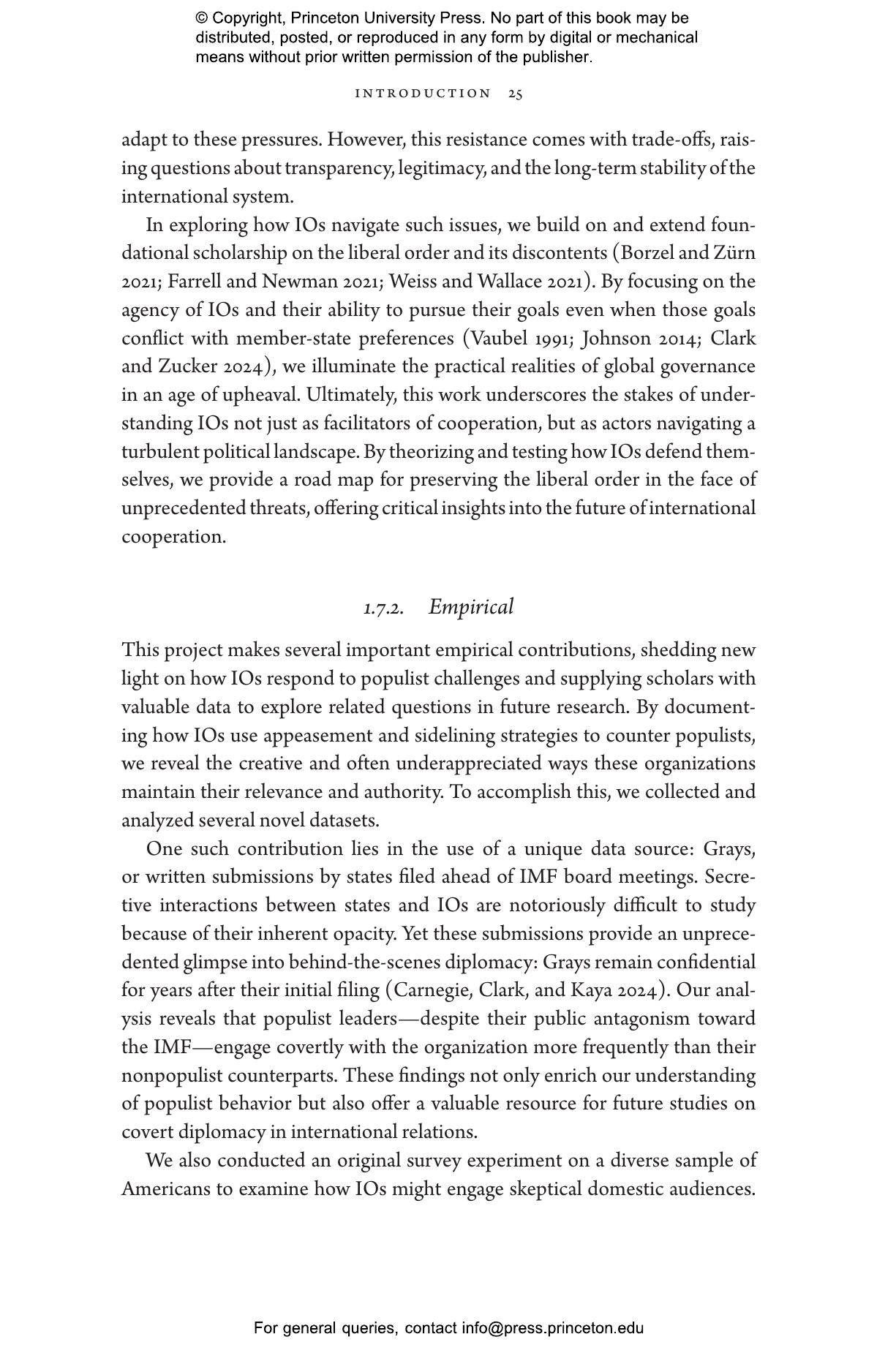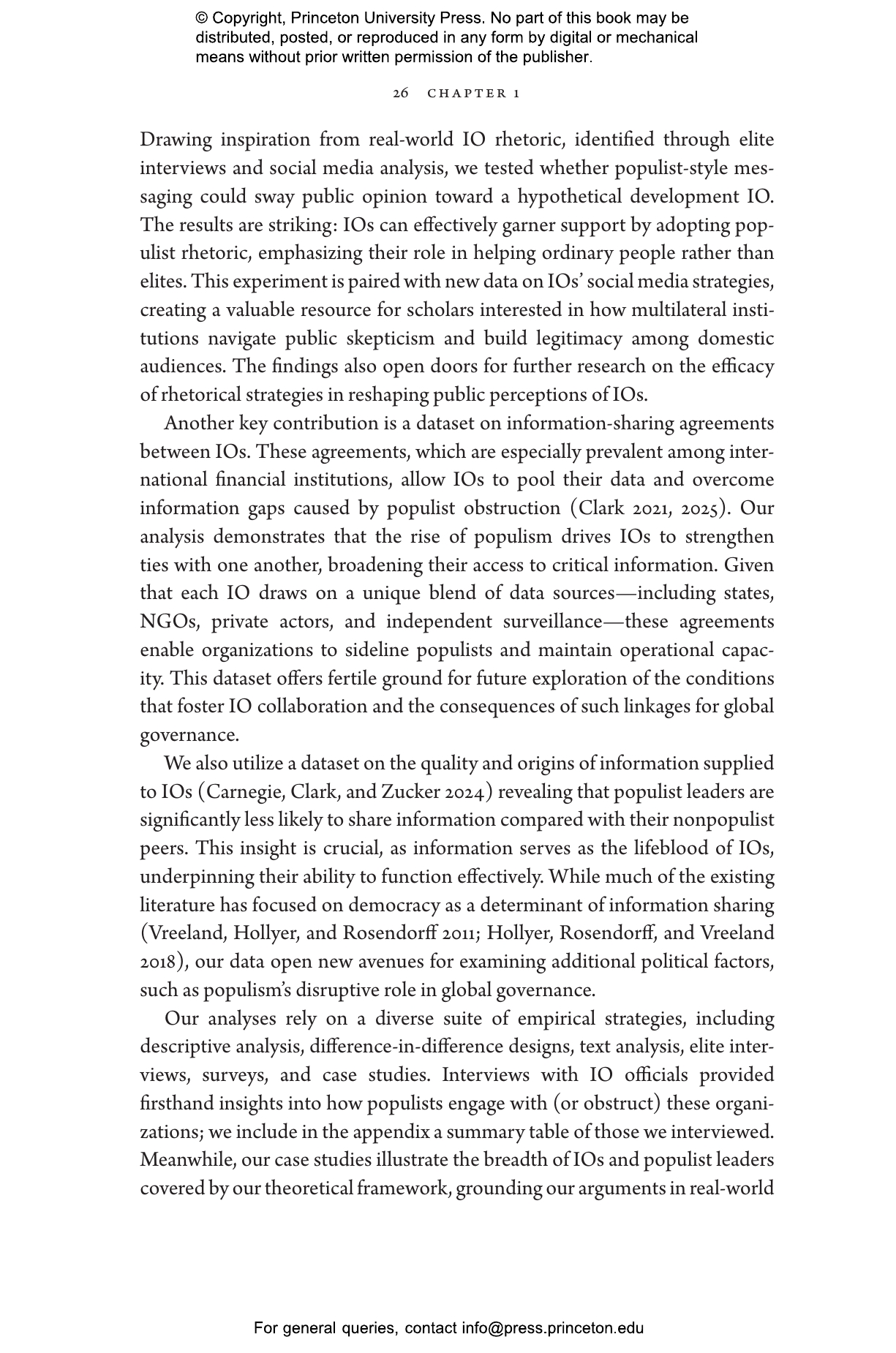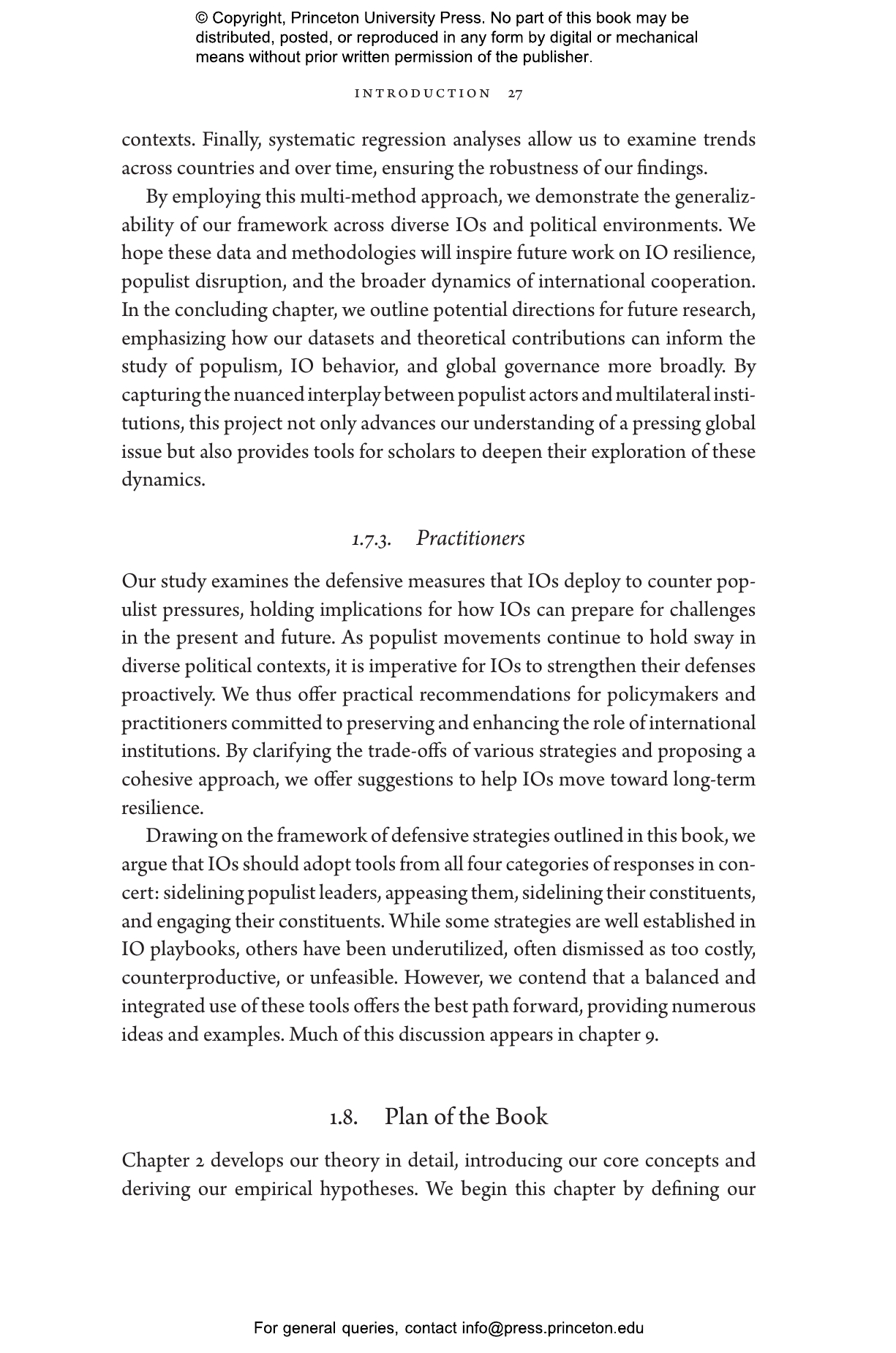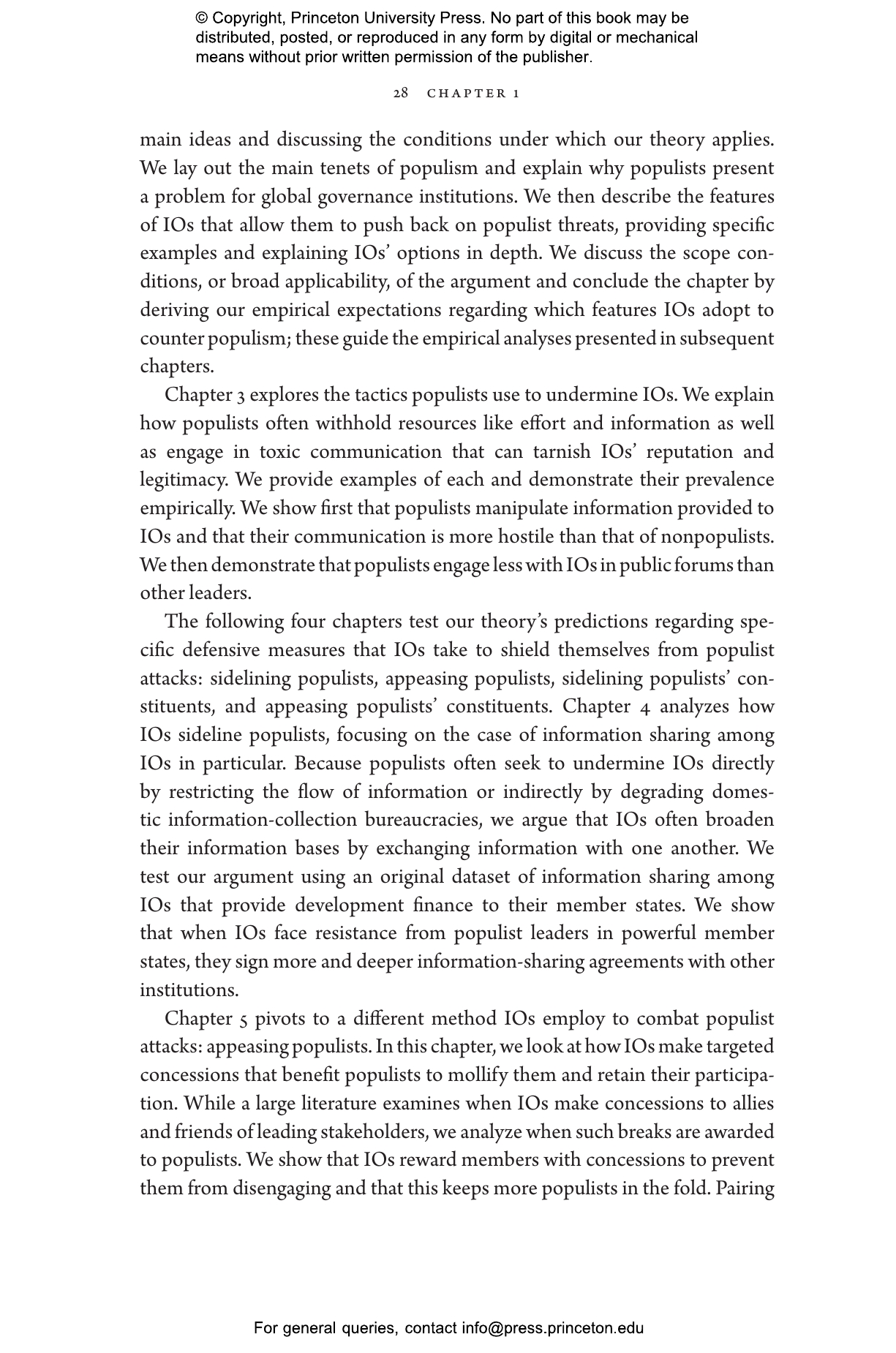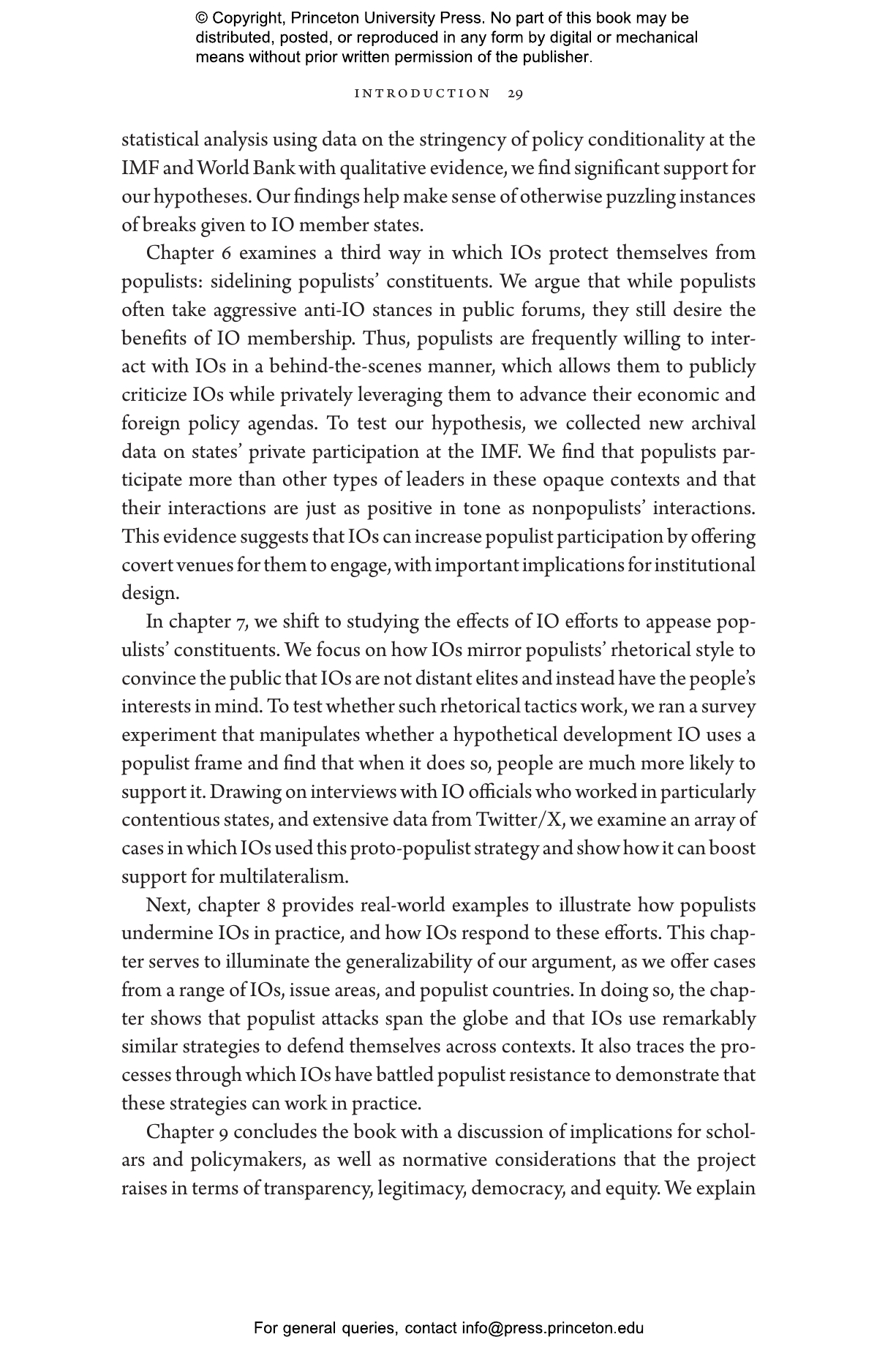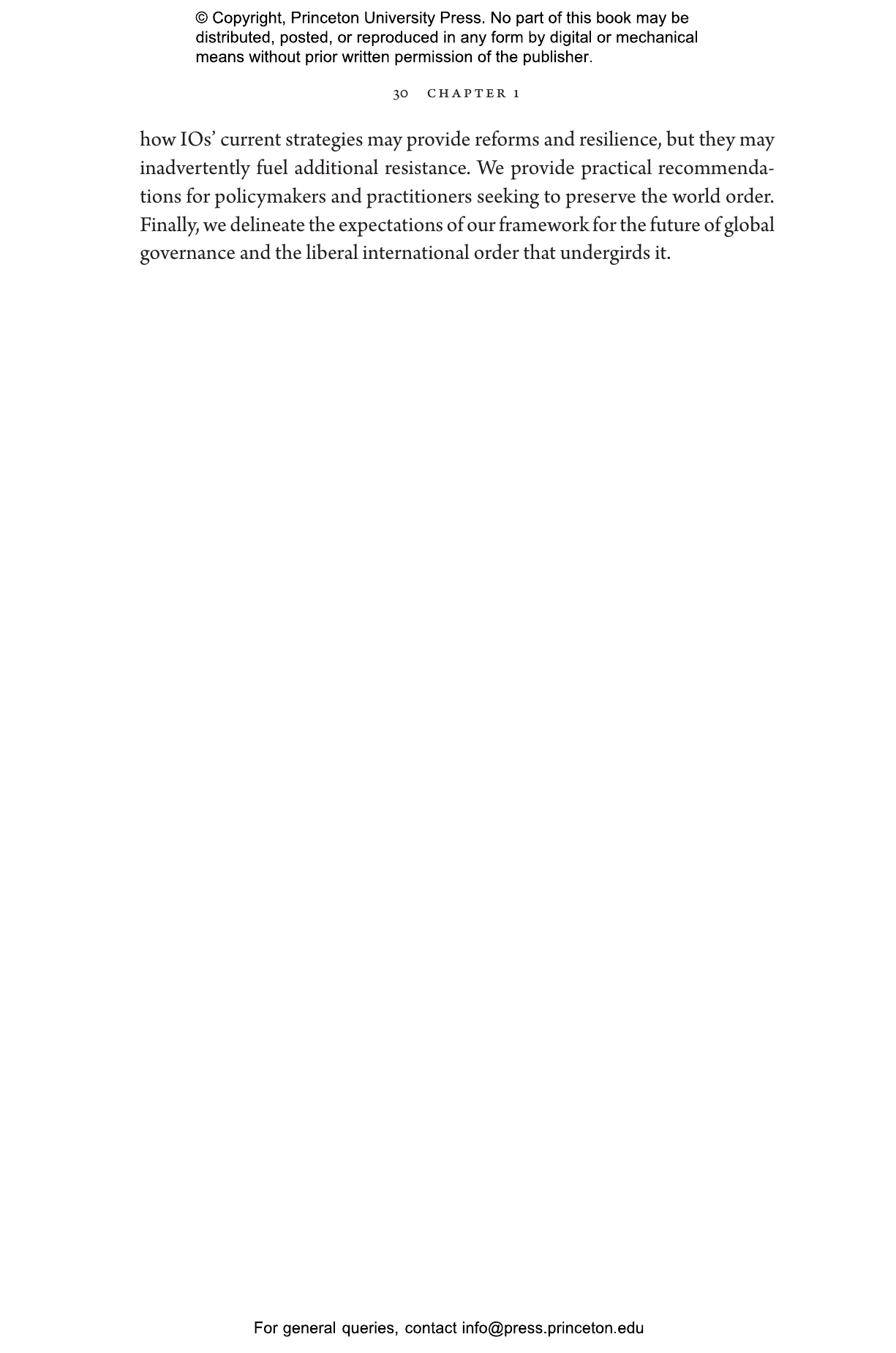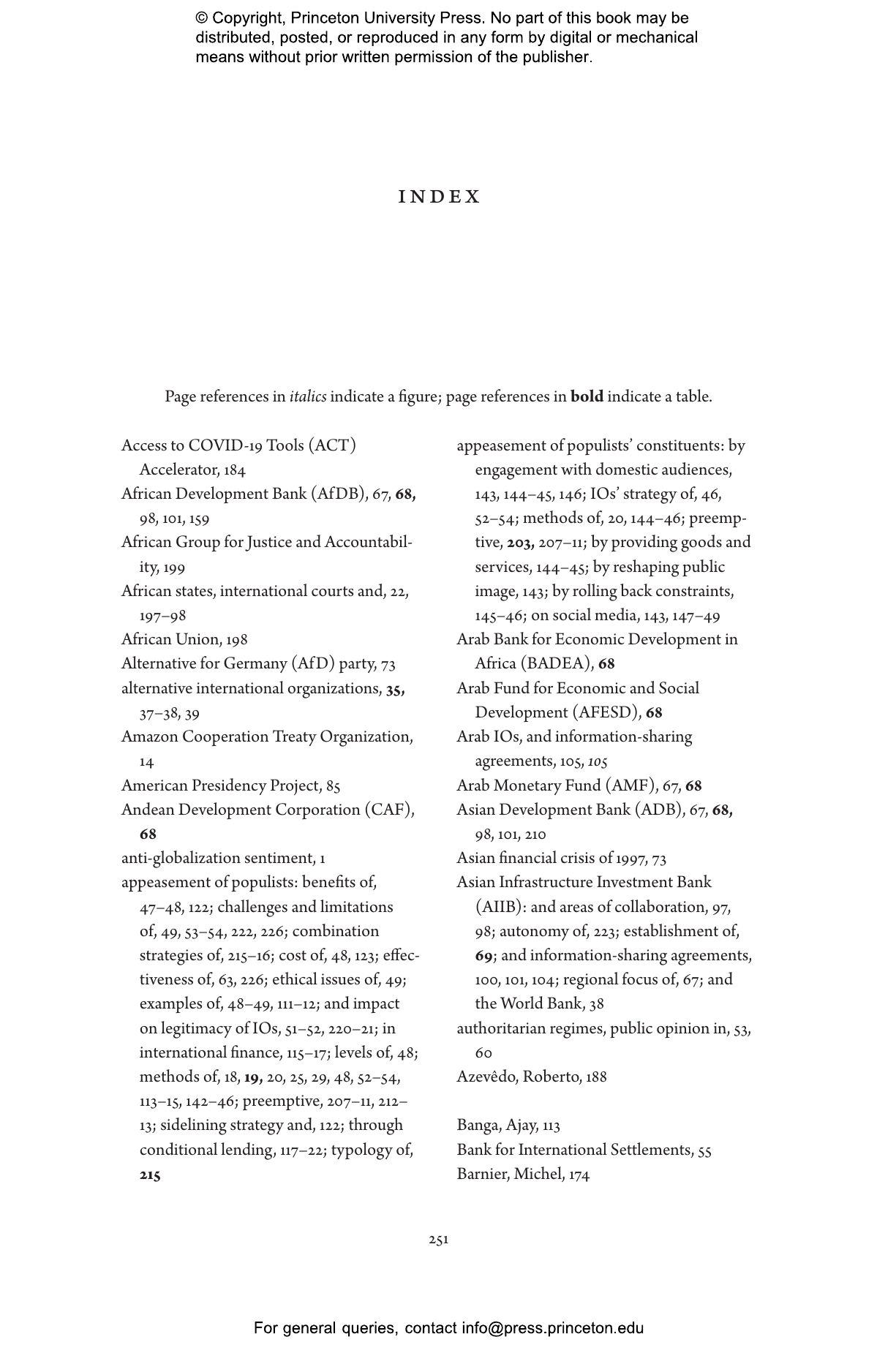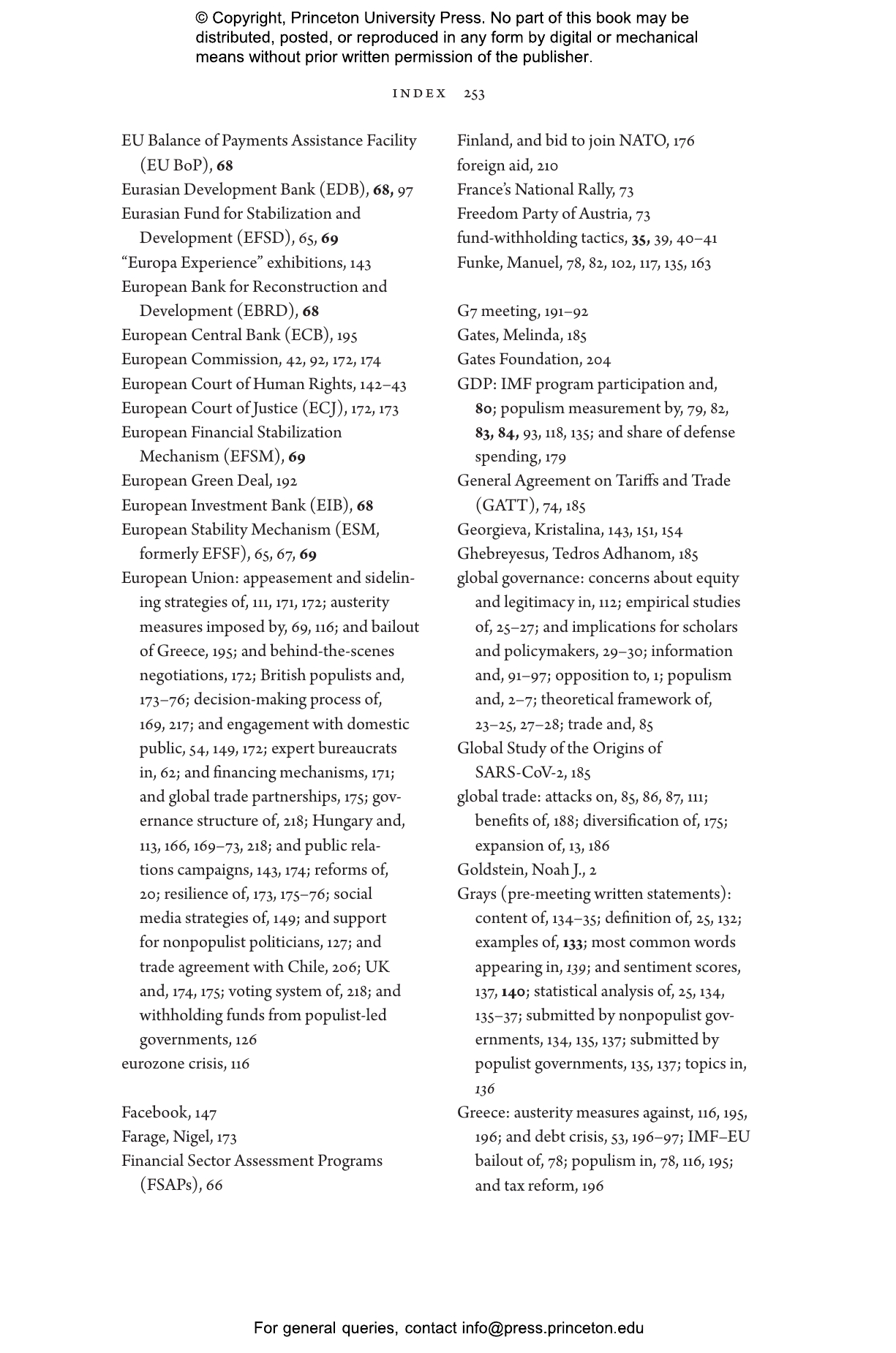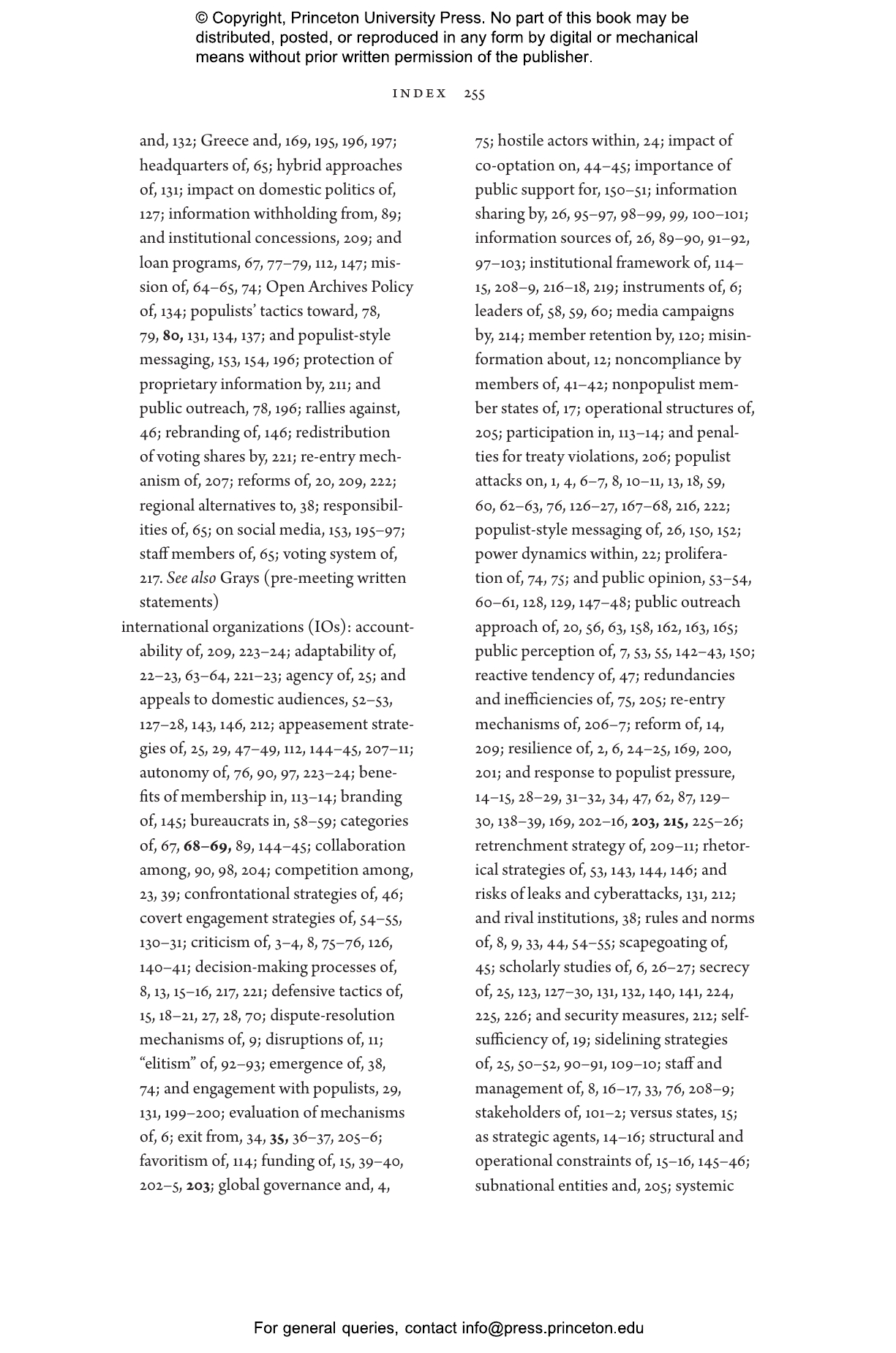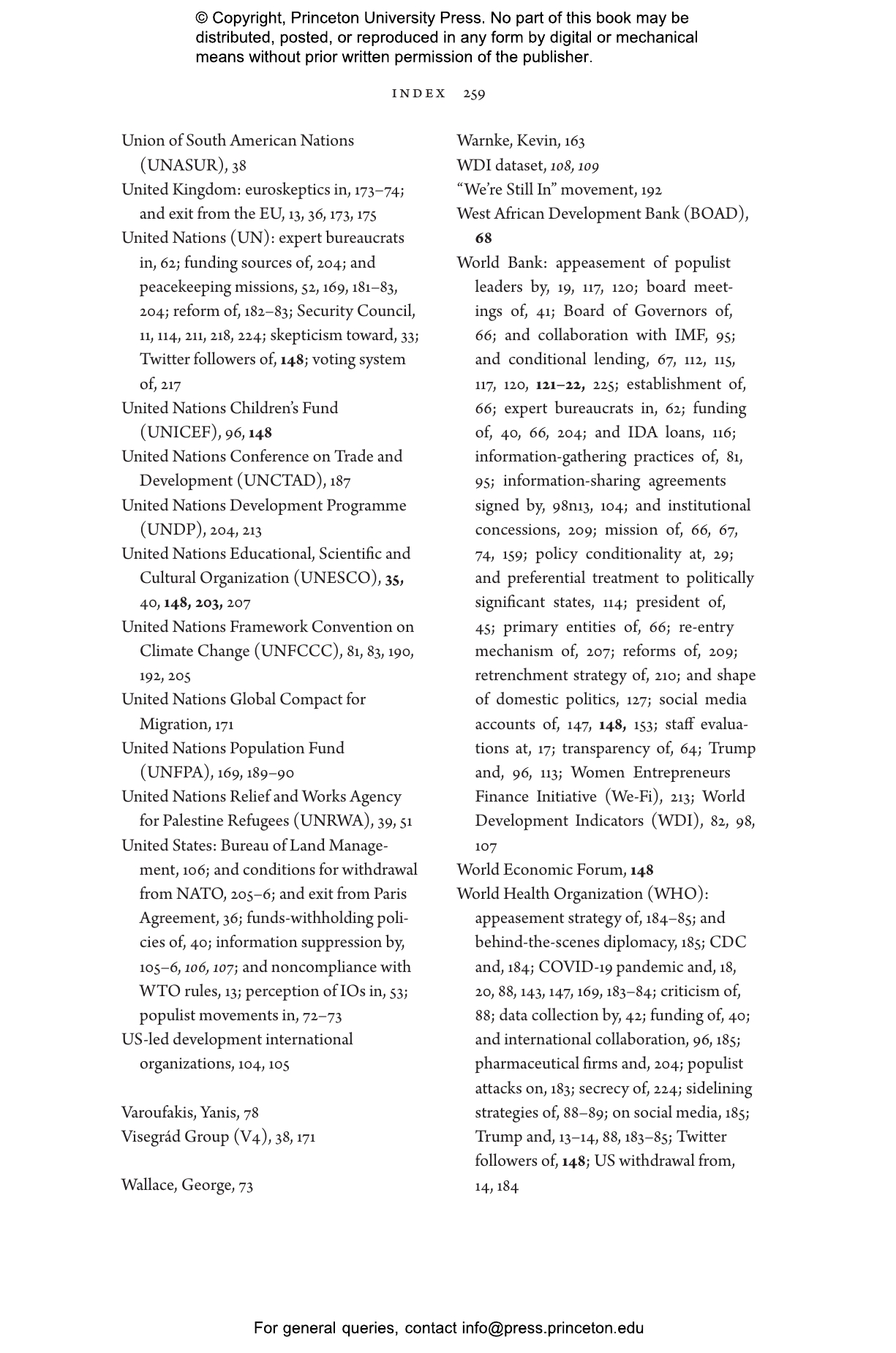Populist leaders around the world increasingly reject international organizations, decrying them as constraints on state power and rallying followers against the ÔÇťglobal eliteÔÇŁ who run them. These institutionsÔÇöpainstakingly built through decades of negotiation and multilateral cooperationÔÇöare often seen as passive bystanders, unable or unwilling to push back. In Global Governance Under Fire, Allison Carnegie and Richard Clark challenge this view, arguing that international organizations are, in fact, strategic agents with the tools to resist populist pressures. Offering fresh theoretical insights and original empirical analysis, they investigate how these institutions fight back and how their defensive strategies are reshaping global governance.
Using a multimethod approach that draws on novel data and qualitative evidence, Carnegie and Clark identify four key strategies that international organizations employ both to appease and to sideline populists and their constituents. They find that while these strategies help fortify global governance against populist opposition, they may also produce unintended consequences, potentially eroding institutional legitimacy and fueling further resistance. A timely and compelling account, the book provides a crucial roadmap for understandingÔÇöand safeguardingÔÇöthe global order.
Allison Carnegie is professor of political science at Columbia University. She is the author of Power Plays: How International Institutions Reshape Coercive Diplomacy and the coauthor of Secrets in Global Governance: Disclosure Dilemmas and the Challenge of International Cooperation. Richard Clark is assistant professor of political science at the University of Notre Dame and the author of Cooperative Complexity: The Next Level of Global Economic Governance.
34404
“In Global Governance Under Fire, Carnegie and Clark provide a lucid, theoretically informed analysis of how international organizations attempt to work with, around, or against populist leaders who are largely hostile to the institutions of the prevailing multilateral economic order. Global Governance Under Fire is essential reading for all those interested in the future of international economic and political affairs in light of the ongoing backlash against global governance.”—Jeff Frieden, Columbia University
“This important book reveals the hidden strength of international organization (IO) bureaucrats in countering antiglobalization sentiment. Whether by working with populist leaders to provide tangible benefits or by framing their own efforts in populist language, IOs can both appease and subvert opposition. Advancing a clear theory of IO agency and supporting it with evidence from archival records, interviews, and survey experiments, this is social science research at its best. Its conclusions should be taken seriously by scholars and policymakers alike.”—Christina Davis, Harvard University, author of Discriminatory Clubs: The Geopolitics of International Organizations
“As the post–World War II international order experiences potentially cataclysmic shifts, Carnegie and Clark offer a theoretically rich and contemporary diagnosis and prescription for international organizations facing the antiglobalist populist challenge. Global Governance Under Fire emphasizes the opportunities for adaptation and reform while making clear the problems inherent in strategies of appeasement and secrecy, which may work in the short term but are ultimately self-defeating.”—Susan D. Hyde, author of The Pseudo-Democrat's Dilemma
